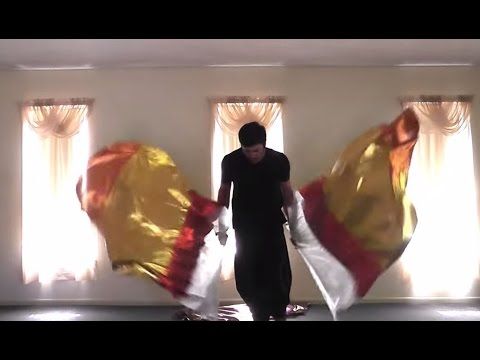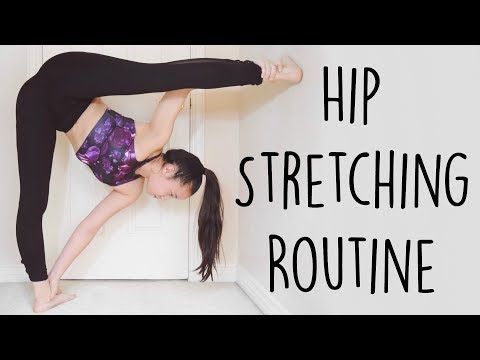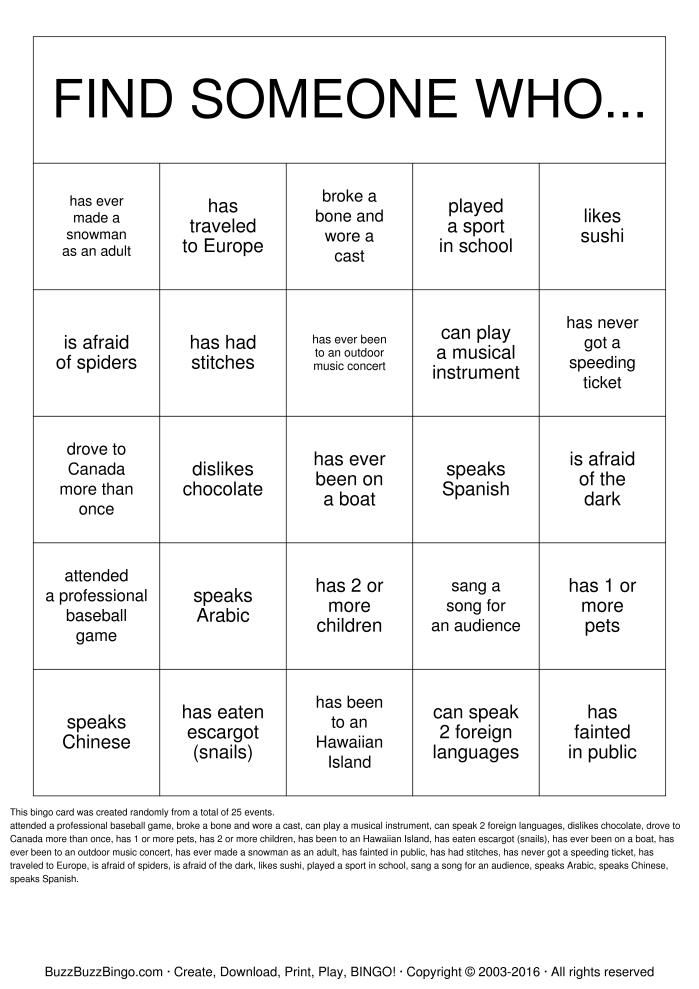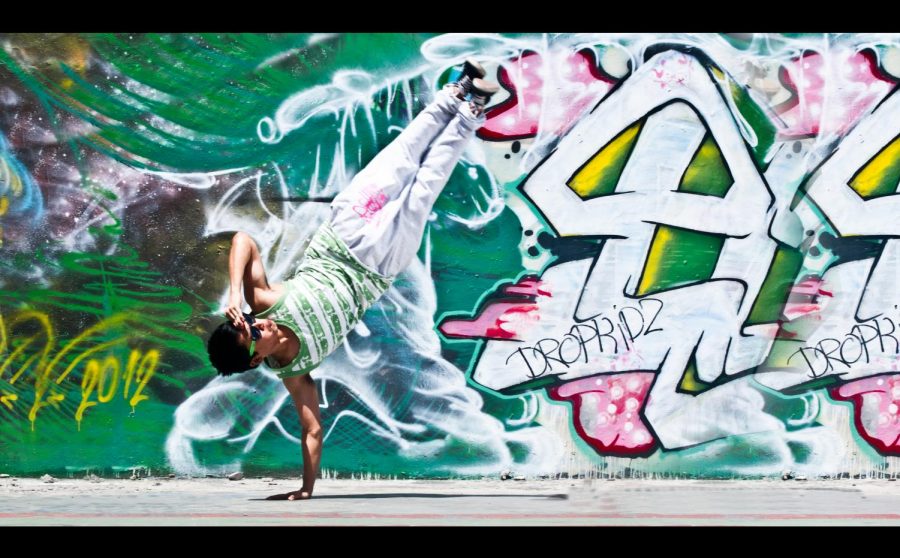How to become a commercial dancer
How To Get Into A Dance Agency
How can working with a dance agency be helpful for you? And how do you get into a dance agency?
As flashy and glamorous as the life of a professional dancer may look, dance work is still work – hard work.
Years of training and long hours aside, a big part of being a professional dancer is finding this work itself.
Dance agencies exist to guide dancers through their professional careers. Yet many dancers still find the process of getting into a dance agency somewhat of a mystery.
Especially those who come from a collegiate / community background with not much experience in the industry.
We chatted with our “signed” dancers Denzel and Bianca, along with Bloc Talent Agency assistant Havi, to break it all down.
What is a dance agency?
Dance and talent agencies are companies that help artists (actors, dancers, models, etc.) find professional work.
They connect dancers with jobs like commercials, music videos, tours, roles for TV shows and movies, and more.
While it is possible to find dance jobs without being represented by an agency – if you have the right connections – dance agencies help you find the best-fitting opportunities.
You’ll also get to know other dancers in your agency that have similar aspirations, and talk to agents with years of dance work experience.
You might feel intimidated going to auditions without any friends or jump into this career without a support system.
You can get that “community” or “family” feeling through a dance agency. Not to mention, being signed with a dance agency adds a little umph to your dance resume.
Would you rather get open-heart surgery from “Jessie Ma” or “Jessie Ma, M.D.”?
How do you find a dance agency?
If you know a dancer in your area who is signed with an agency, then ask them about their experience and suggestions.
Word of mouth and personal accounts are very important!
My friends were getting signed by different agencies and let me know when theirs were having auditions.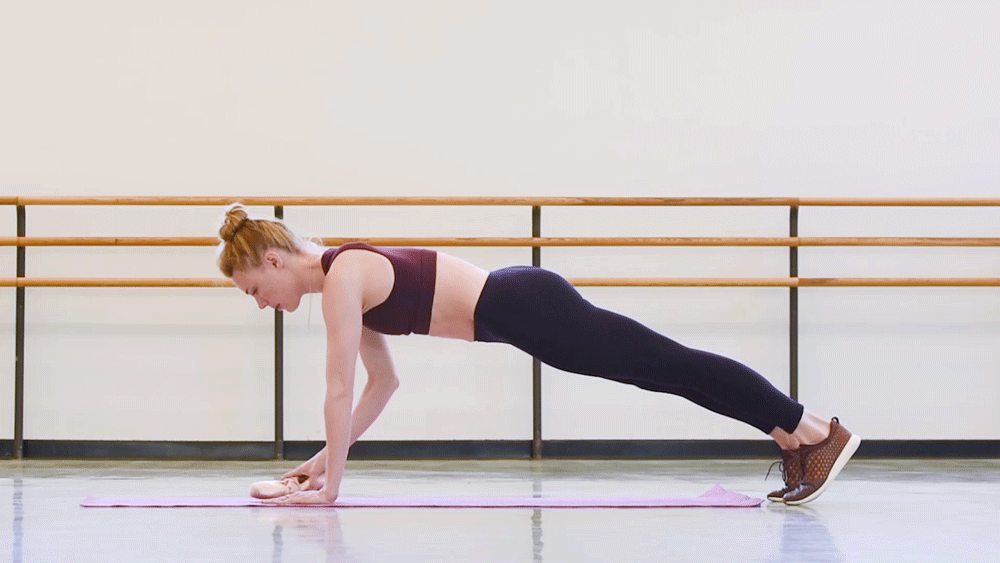
– Bianca Vallar
And look up those dance agencies online – you will find a section on their website where you can submit for representation, or find out the up coming audition dates.
If not, you can click on their “Contact” section and email the agency to ask when and how to audition.
A few major agencies in Los Angeles are Bloc, MSA, Clear Talent Group, Go2Talent.
Finding the one right for you is a process.
At first, I didn’t have a specific agency I was more focused on. I just wanted to see what the audition process was like and if I could even keep up. But when I started to get a bit more knowledge on the specific agencies and what they had to offer I realized I really wanted to be part of Bloc.
– Bianca Vallar
How do you audition for a dance agency?
To get signed with a dance agency, you need to audition, have an interview, or submit your dance resume and reel – or do some combination of those.
The process varies depending on the dance agency.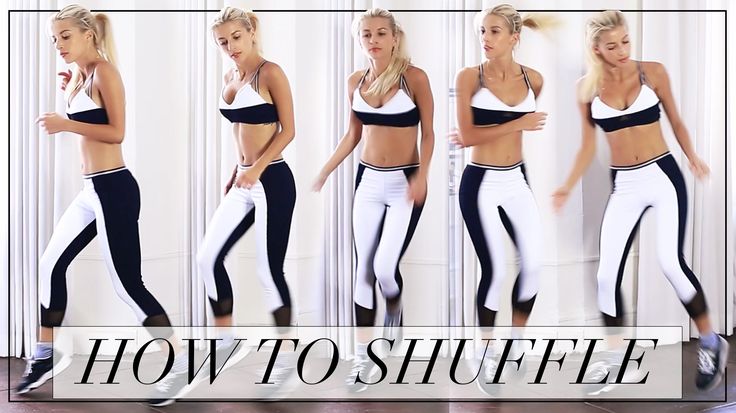
Some auditions are split up by style –
For Clear, there was a freestyle part (which was optional, mainly for the bboys, poppers, krumpers, etc.) There was also a Jazz/Contemporary call and a Hip Hop round. You can choose to go to just 1 or all 3; but the more styles you show them the more they know they can utilize you.
– Denzel
Bloc hosts an open audition once every year, with a hip hop portion and a technical portion. We also have a submissions tab on our website. Sometimes agents find dancers at events they attend.
– Havi
Learn from each audition
Bianca took each audition as a learning experience:
I went into my first one and completely failed. After auditioning for a few dance roles at Disney I was used to auditioning, but auditions in LA are way different. I felt like I was wearing the wrong outfit and my headshot was too amateur. Even though I was comfortable with the combo, the LA energy was so different from what I was used to.Through that first audition, I realized how much I needed to prepare to have a successful audition so I wouldn’t feel so lost. I took a lot more classes in North Hollywood to better acquaint myself with the “industry” style, met with friends who were already signed and picked their brain on everything I could learn about the industry and agencies, got new headshots that looked more professional, and even met with a good friend who gave me style tips so I knew what to wear. The prep and new knowledge allowed me to be more comfortable with each audition.There are so many dancers who audition for Bloc, which makes it even more difficult to stand out. Bloc mentioned on their audition flyer that it was gonna be a heels audition for girls. So I knew that the audition was going to be a bit more body conscious and I’d have to focus on my “look." I made sure I felt really confident in my outfit, did my makeup and hair like I was about to do a performance, and took a lot of heels classes to practice.
If you prep well beforehand you'll feel confident going into the audition. Then all you have to do is let your dancing speak for itself.
– Bianca
What is it like working with a dance agency?
Considering how much work it takes to get into a dance agency, there must be a lot of benefits to being represented.
Once signed, they'll notify you of auditions for jobs (some of them exclusive to your agency) or offer specific work if a casting director or choreographer finds you through the agency, based on your photos, resume, and reel.
Some choreographers trust a specific agency with their work or book you directly through your agency because they're known for having reliable dancers. And your agents take care of a lot of the logistical parts of dance work – like getting you your check or submitting you for gigs.
– Denzel
They're also very helpful when handling contracts and legal paperwork, making sure you get paid correctly, and your ensuring that your basic rights as a dancer are met.Unfortunately, sometimes people don't view dancers in the industry highly. So a lot of companies will try to rip us off because they don’t understand the work that it takes to be a professional dancer – resulting in horrible working conditions and underpaid dancers. Agents make sure that doesn’t happen and that we're treated fairly.
– Bianca
How often do you get auditions through a dance agency?
The frequency of auditions can vary, but you’ll have access to many more opportunities through a dance agency than if you were not signed.
Denzel used to be invited to 2-3 auditions a week, and go to all the ones he was interested in. Other times, he says, he’ll only get an offer every other week.
Auditions vary week to week. Some months I'll be very busy and go to around 4-6 auditions a week. And some months are slow and I may only get one audition every two weeks. Those are bad months, haha. Your lifestyle will be very unpredictable – it is not a career for people who value stability.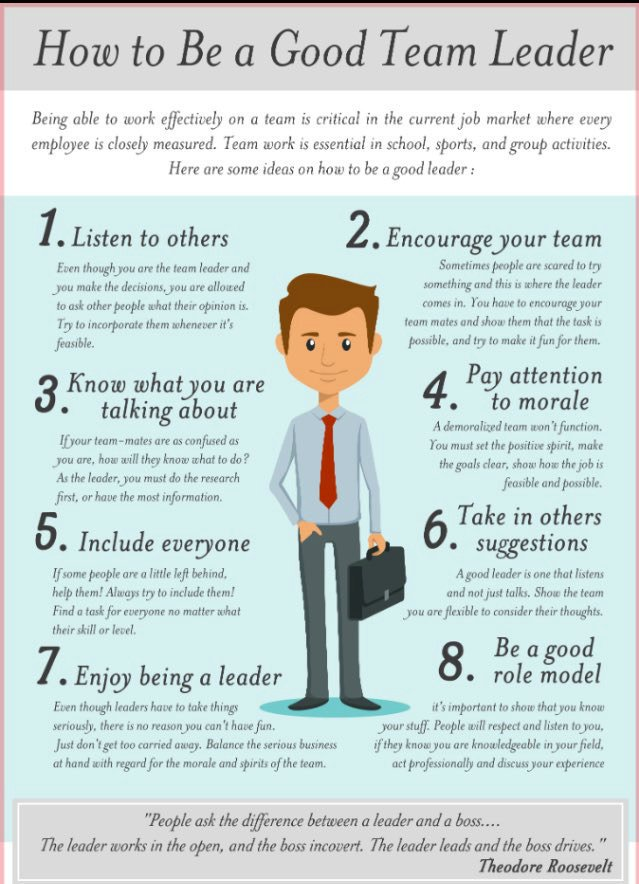
– Bianca
Advice for working with a dance agency
Do your research
Find out everything you can about all the different agencies, the kind of jobs you want to book, and which choreographers are working on those jobs. And take class from all working choreographers, their assistants, or other dancers that constantly work in this industry so you can train and make those connections.
– Havi
Look the part
Your audition for the agency will reflect how seriously you’ll take auditions for gigs. Dress comfortably in something that reflects your style. You’ll be in a sea of other dancers; you want your dancing and your look to make a statement. I look young so I get sent on young roles – so I go with the young youthful hip look. Finding your look is a huge thing!
– Denzel
Show that you’re a star
Don’t hide in the back during the audition – no matter how much you’re killin’ it, it’ll be hard for anyone to see you!And FREESTYLE! This is your chance to showcase your unique skills and style.Practice freestyling because you’ll have to freestyle in most every audition – sometimes before the combo or after, or both.
– Denzel
Train in everything!
You never know what’ll be asked of you in an agency call, so take classes in all styles – especially those outside of your comfort zone.
The more you learn, the more versatile you will be, and the less you’ll be phased by whatever an audition throws at you.
LA dancers! Take classes at these Top Dance Studios In Los Angeles You Need To Be Training At
Don’t let rejection phase you
A lot of "no"s will come before getting a "yes." And once the "yes" does come, that doesn't mean you'll book every job you audition for.
– Havi
You won't always get the job you audition for. It may take you years. You'll constantly be faced with people criticizing the way you dance, the way you look, and they will make you feel inferior.Learn to be okay with rejection and allow the negativity to roll off your shoulders so you can continue to move forward. Don't go into this career if you cannot take rejection and criticism well.
– Bianca
Don’t do it for the money
It can be very rewarding to know you get to make money off of the thing you love the most. Although, dancers do not typically get paid that much. Also dancers can sometimes get so caught up in trying to book the job in order to get the money (because most of us are starving artists and super broke) that they lose the fun and love for dance because they're too focused on trying to get paid. You don’t know when you are going to book another job or when the next paycheck is going to come.
– Bianca
Work with your agent
But the agency can’t do everything for you. As Lindholm, co-owner of Go 2 Talent Agency says in this article by Dance Spirit,
I firmly believe it’s 50/50 teamwork. It’s our job to get you in front of people while making sure you’re protected and paid on time.It’s your job to work hard, meet as many people as you can and build a reputation for being professional.
Bianca agrees –
Having an agent is a business relationship. As much as they help you, you have to help them as well. You only get what you put into it. If you want to do lots of dance jobs, then that means doing as much as you can to be the top bookable dancer. So when your agent gives you an audition, you're fully ready and can make people want to hire you.
Know yourself.
Dig deep down, and ask yourself – Are willing to completely dedicate yourself to your dance career? Are you willing to make this your full time job? Like a job, will you dedicate 8 hours a day to your craft?Being represented by an agent and pursuing a full time dance career in the industry isn't easy and results don’t come right away.You have to be patient, work hard, and accept that things take time.But if this is what you are meant to do, then keep doing it.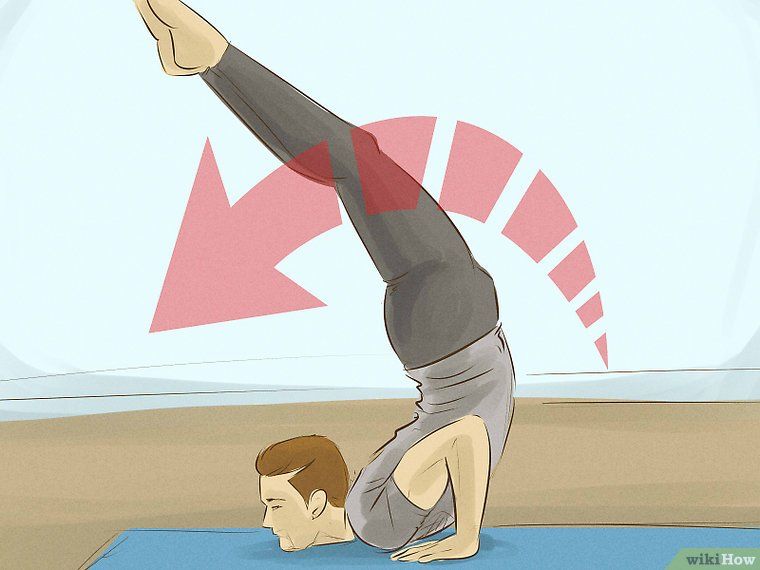
– Bianca
It's rewarding, yet extremely difficult to pursue dance as a professional career. It’s a good thing dancers have agencies to help!
We hope this helped give you more insight on how to get into and work with a dance agency!
Comment below with any questions you still have, or share your experience of working with a dance agency!
About the dancersDenzel started dancing when he was just 5 years old, learning dance moves off of music videos on MTV. He started dancing on his church’s Hip Hop praise team in elementary school, where he fell in love with performing. Denzel was signed for acting when he was 6, but didn’t go to a dance agency audition until he was 18! He is represented by Clear Talent Group and has alongside several major artists.
Havi transitioned from competitive gymnastics to dance when she was 11. She trained in jazz, tap, hip hop, lyrical, contemporary, and ballet and pointe, continuing her studio training, as she attended dance conventions and danced on her high school dance team. When she entered college, she realize she actually did not want to be a dance major, but danced on Common Ground for 4 years.
When she entered college, she realize she actually did not want to be a dance major, but danced on Common Ground for 4 years.
Bianca learned cultural dances (Polynesian, Filipino, Bollywood) at a young age, later joining Breakthrough, her first junior team at Studio 429. She took classes, taught, and directed at the studio as she she became one of the original members of Choreo Cookies, where she danced on the team for over 9 years. Bianca moved to LA to pursue dance, and got a job at Disneyland and later joined Bloc Talent Agency and has been dancing professionally, full-time, since.
The Top Ten Things I Wish I Knew Before Becoming A Professional Dancer
22nd December 2022
Search
$0.00 CartLogin
Remember Me
Lost Password? Join Now
Lost your password?The Global Media Site for Entertainment.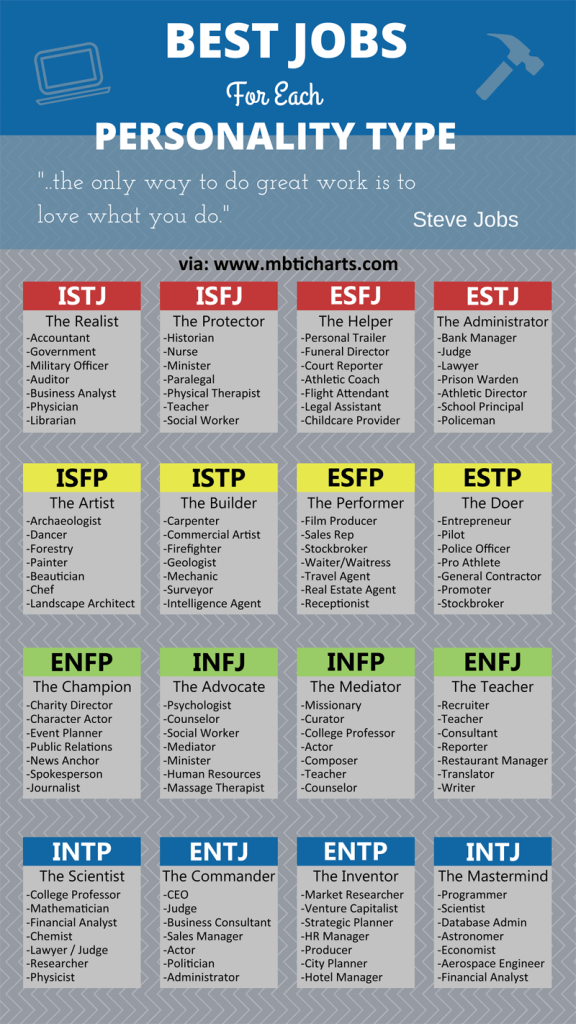
Light
Dark
As a young and fully committed aspiring professional dancer, I thrived on hard work, taking initiative, and being fully dedicated to my art. I put in extra hours outside of class at the gym and stretched nightly.
I learned as much as I could about conditioning and nutrition, in spite of my Upstate New York meat and potato with extra butter upbringing. I knew I always wanted to teach and stayed in an array of classes for years and years beyond my university dance training.
I had, and still have “Dance Values.” I valued hard work and discipline. I valued working one’s way up in class and companies. I valued the dancers around me. I valued the process of learning and growing as a dancer and an artist. I always knew the love I had in my heart for my art form would trump all.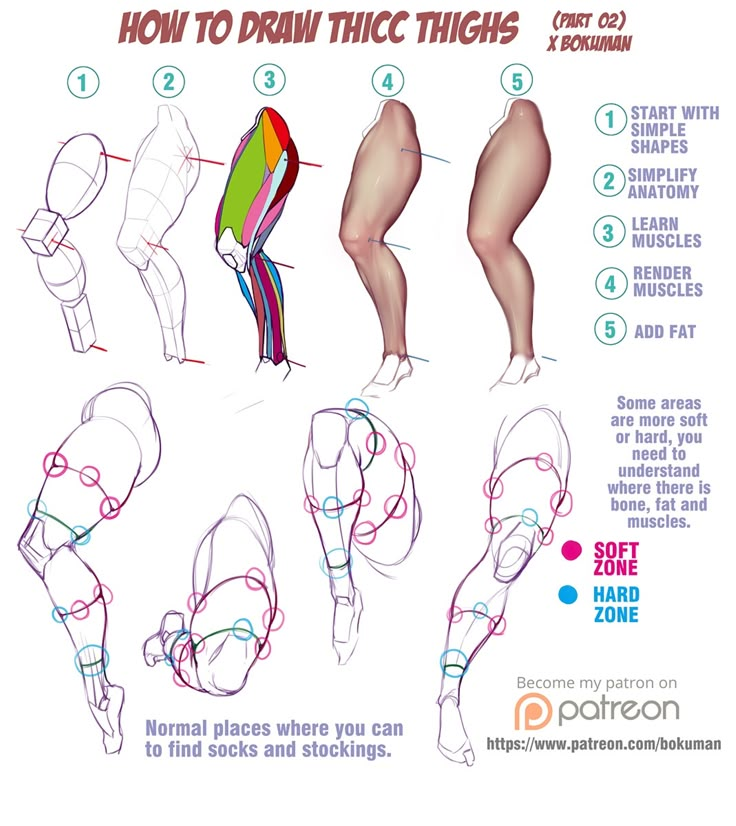 This love of dance is what would get me through audition rejections, bad days, and even other personal life setbacks.
This love of dance is what would get me through audition rejections, bad days, and even other personal life setbacks.
What I didn’t know was that hardly any of these values and attributes prepared me for the business side of the professional dance world.
The professional world. Not just the dance world. Not the kind of world where people call themselves “dancers” because they take a class every day. (They are, of course, dancers, but they are not making a living as a dancer). I knew I wanted to make a living solely as a dancer and thought I was fully equipped with my iron will, drive and dedication.
There were quite a few things no one ever told me. Well, if/when they did, I didn’t listen very well, because my experience would have been different with my values and discipline and love of my art, right? Umm… WRONG! Save yourself hours of grief-stricken phone calls with your Mom and thousands of dollars of therapy, and listen up.
1.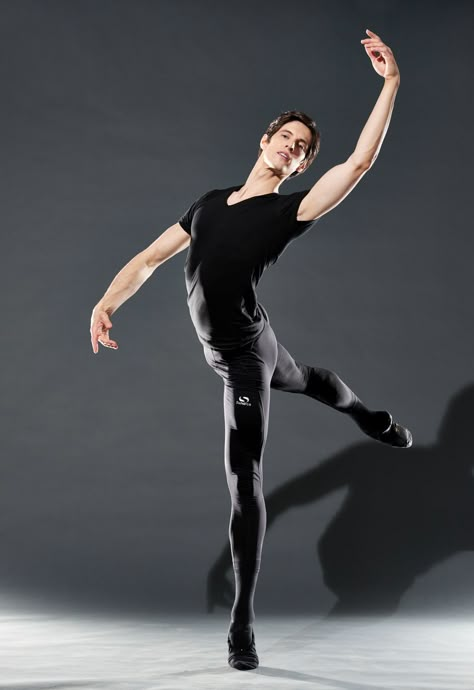 Know Your “Type”
Know Your “Type”Your “type” refers to your natural looks and gifts. Your “type” is dictated by how others see you. Your “type” is not about how you could possibly see yourself in a couple years after a few more classes and your 7-day juice cleanse. You are who you are. I had no idea how others saw me as a young dancer. I knew I loved companies like Alvin Ailey and Bill T. Jones. I followed them and others, but never really gained any ground in auditions. I wanted to be androgynous, exotic, and an athletic artist. Did I mention that I am 5’9”, blonde and busty? I ended up having much better success in the commercial dance realm. I knew what I loved, but not who I was, and how others saw me.
Know where you fit in. We have the ability to change much of our appearance, and that can be fun experimenting with things like hair cuts and colors! Accept your God-given gifts, and work with them accordingly.
2. Get Real About Money- Know How Much You Will MakeGet crystal clear about income, and if you will be able to earn a living while working specific jobs as a dancer.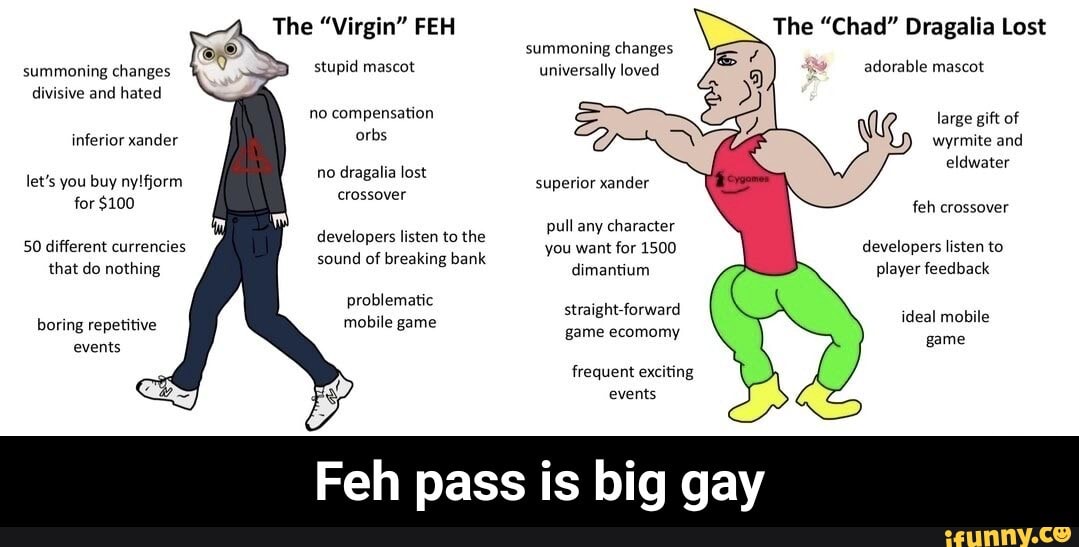 There are resources available like danceusa.org for dance companies, and my books that reference potential job listings and earnings. If you can not earn a living dancing in that venue, understand and accept that you must supplement your income, and get creative in ways to do that, without being miserable. It can be done.
There are resources available like danceusa.org for dance companies, and my books that reference potential job listings and earnings. If you can not earn a living dancing in that venue, understand and accept that you must supplement your income, and get creative in ways to do that, without being miserable. It can be done.
I was performing concert dance I loved in NYC, for a small audience of people who mostly knew people in the show. It was closest to my heart, but I could not make a living. Back to the Musical Theater I went.
3. Define the Dance Closest to your Heart. Hold It As A TreasureWe all have choreographers and teachers who have touched our lives. We wish we could dance with them forever. In some cases, we can, but if we cannot make a living doing so, it’s important to cherish the moments when we get with them. Understand the difference between dance you love and the dance that can potentially earn you money. No dollar sign will ever be able to measure the value of dance, and what it means to us.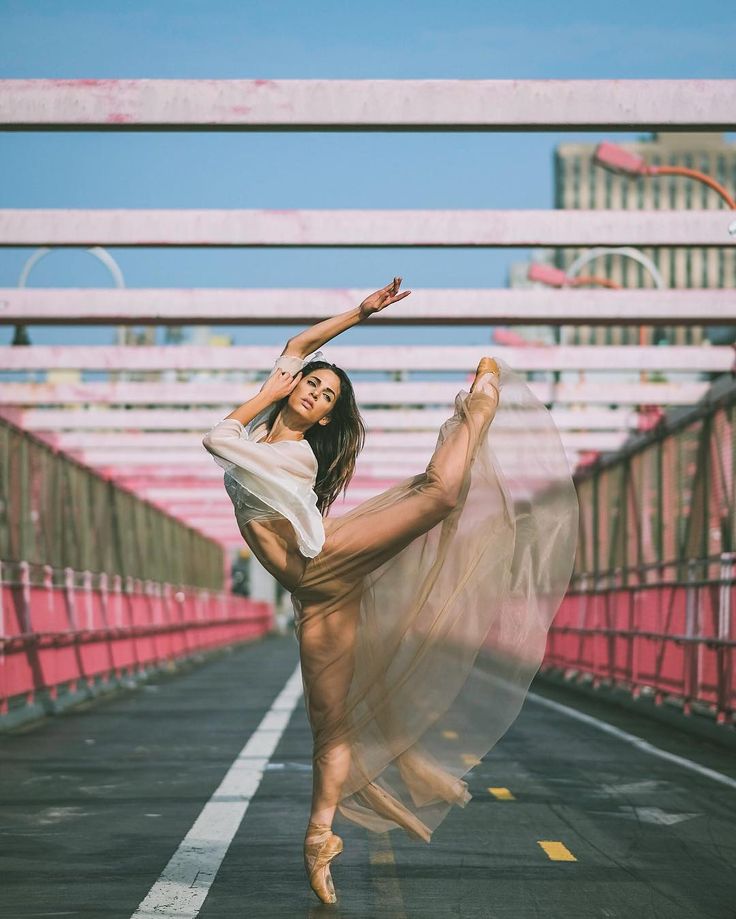 Dance is sacred. Accept that it may or may not earn you a living. If it can in the future, as if you are an apprentice in a company, understand the process and time frame it may take to get there. Sometimes, when we are fortunate, the two can merge. We can earn good money for doing exactly what we truly love. However, some people feel they do not want to sacrifice their art for the dance in the entertainment world.
Dance is sacred. Accept that it may or may not earn you a living. If it can in the future, as if you are an apprentice in a company, understand the process and time frame it may take to get there. Sometimes, when we are fortunate, the two can merge. We can earn good money for doing exactly what we truly love. However, some people feel they do not want to sacrifice their art for the dance in the entertainment world.
Understand that some jobs like Broadway, television, and film, are union jobs. Some larger dance companies are union dance companies. Usually, to be eligible to even audition for a union job, a dancer needs a union card. Some examples would include Actor’s Equity Association (AEA) covering Broadway shows, American Guild of Musical Artists (AGMA) covering NYC Ballet, American Guild of Variety Artists (AGVA) covering Rockettes, and Screen Actor’s Guild/ American Federation of Television and Radio Artists (SAG/AFTRA) covering dancers appearing on the silver screen.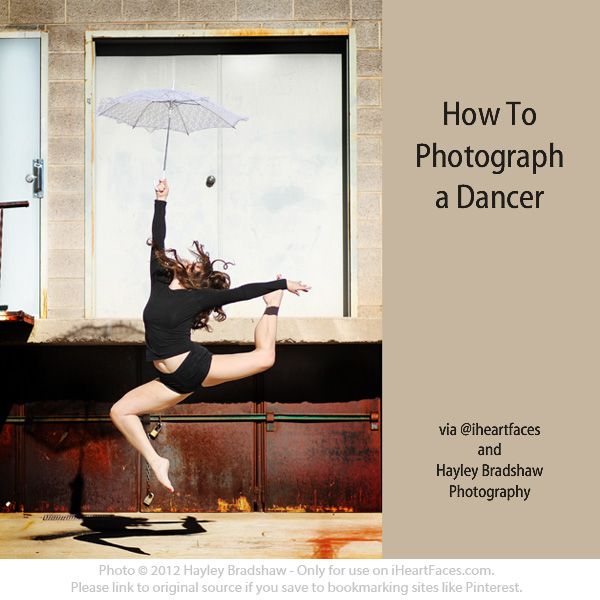 Dancers in music videos are working to turn their Dancers’ Alliance into a union. Some dancers prefer to stay non-union, as they can find more available jobs. Some dancers demand union jobs to have health benefits and pension plans.
Dancers in music videos are working to turn their Dancers’ Alliance into a union. Some dancers prefer to stay non-union, as they can find more available jobs. Some dancers demand union jobs to have health benefits and pension plans.
It is not always about talent. There will be numerous auditions when you will be more talented than the person booking the gig. Many other factors influence casting. Casting directors may be looking for a specific type not indicated in the audition listing. There may be a specific costume size that needs to be cast. Sometimes a person auditioning may just remind directors of someone they do not like. It’s that simple! In a case like that, it has absolutely nothing to do with the person auditioning! It happens!
Don’t bother comparing yourself to others. It is a waste. Aim for a personal best with each audition, and remind yourself of what you do and do not have control over.
6.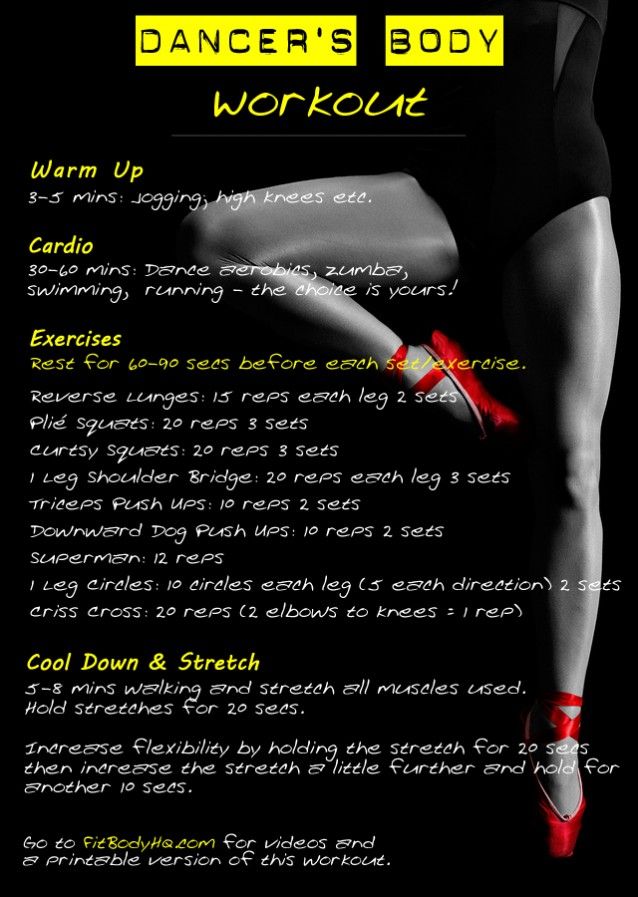 Be Prepared & Don’t Waste Time
Be Prepared & Don’t Waste TimeKnow exactly what you are auditioning for and be prepared. Research the job description, and know what will be expected of you. If an audition notice says bring knee pads for floor work, and you are recovering from knee surgery, this may not be a gig for you right now.
Wear the same thing, or at least the same color, to call backs. Look the same as you did in your original audition.
Present the exact package you believe they are looking for. If you must sing, bring the appropriate sheet music in the correct key. Casting directors are not paid to use their imagination. They need to cast exactly who can do the job that day. Don’t make them imagine what you look like when you dance in heels or when you finally get your left split.
7. Be Respectful and Know Who Has PowerWorking with others is just as much part of being a professional dancer as the dance itself.
There will inevitably be people you work with that may not be your favorite.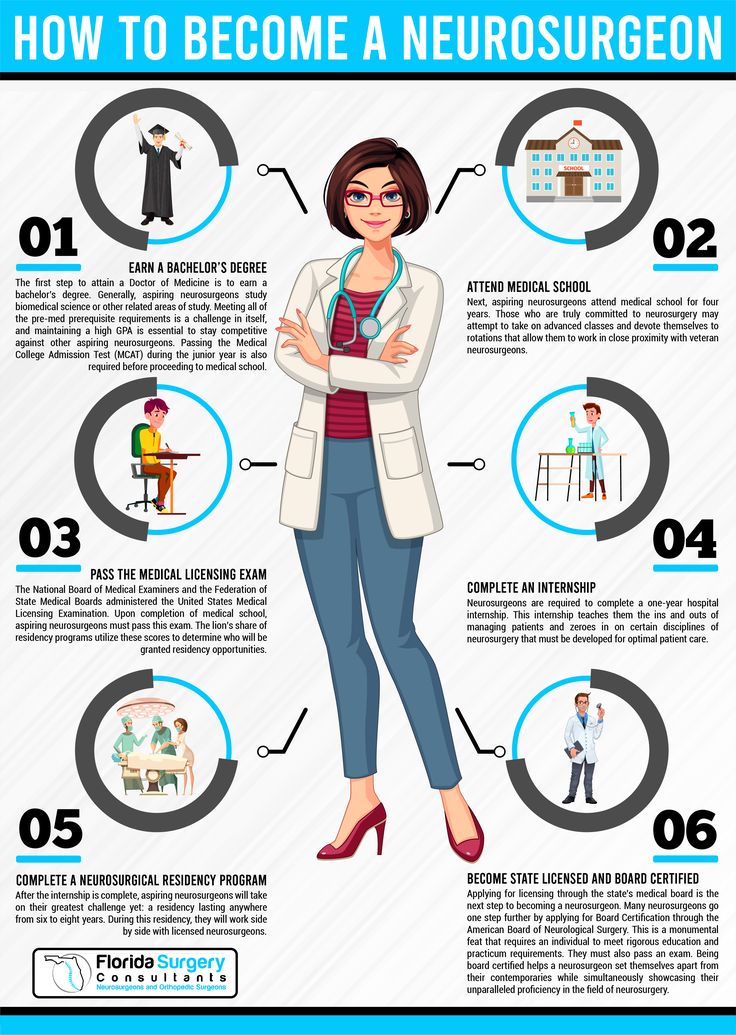 Being professional means conducting yourself in a respectful manner, regardless of how others act. Also, don’t get sucked into any vortex of negativity. Remember your dance captain and rehearsal directors are considered “superior.” Do not give them any reason to report you. Finally, do not assume that just because a person is in a position of power means they are a smarter, kinder, and a more evolved person than you. They are all people just like you. Sometimes choreographers are insecure and nervous, as it may be their first job of its kind as well!
Being professional means conducting yourself in a respectful manner, regardless of how others act. Also, don’t get sucked into any vortex of negativity. Remember your dance captain and rehearsal directors are considered “superior.” Do not give them any reason to report you. Finally, do not assume that just because a person is in a position of power means they are a smarter, kinder, and a more evolved person than you. They are all people just like you. Sometimes choreographers are insecure and nervous, as it may be their first job of its kind as well!
Everyone has to start somewhere, although there are a few that make it big with the first audition, the other 99% of us have to work our way up. Sometimes we can be an apprentice and have a specific path. If you don’t, be open minded about professional jobs like cruise ships and theme parks. They are an excellent way to see the world, stay in great dance shape, and meet people while getting paid. That paycheck can afford you to live in a major city and audition again, or even pay student loans. I received my first union card (AEA) at a Disney theme park. A 6 or 9-month contract seems so long while you are a young dancer, but it goes by quickly, probably because they are fun gigs.
That paycheck can afford you to live in a major city and audition again, or even pay student loans. I received my first union card (AEA) at a Disney theme park. A 6 or 9-month contract seems so long while you are a young dancer, but it goes by quickly, probably because they are fun gigs.
Commit to the life of a dancer. What does that mean? Stay on top of auditions and actually go. If taking a daily class is too expensive, get yourself a great workout regimen and hit that mat in your apartment. Treat your body like you are an Olympic athlete, and don’t derail or lose sight of your goals. Make a vision board, know exactly what you want, and do whatever it takes. Most people do not understand the life of a professional dancer, and how it is a full-time job keeping yourself ready for any potential job. Don’t look back and say you wish you just would have done more to be successful.
10. Have FunNo really, I am serious.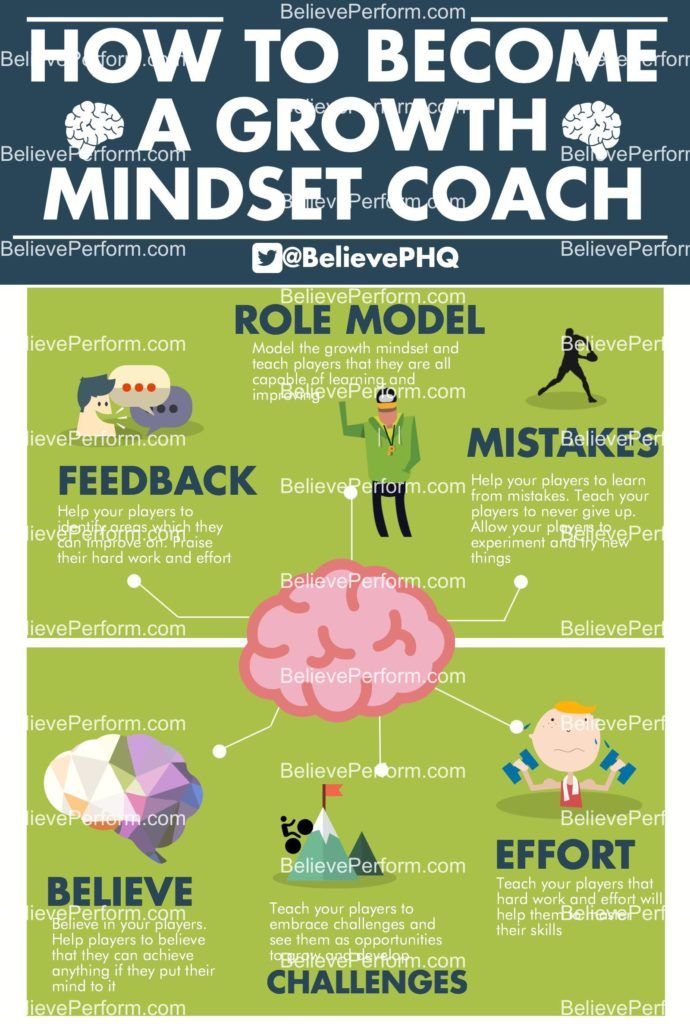 Not being corny. Especially when you find your good friends, these will be amongst the best years of your life. Auditioning may be stressful at times, but being young, chasing dreams, and dancing for one’s life is the best. You have worked most of your life for this, right? If you don’t truly love dance, and the process it takes to be a professional, make a change. If you do not handle rejection well, this world is not for you. You will hear “No” often. That’s show biz, kid! Just a friendly reminder that the right path is not always necessarily the professional route. One can touch many lives as a teacher and choreographer. We all have those people who have influenced our lives. But if professional dance is your goal, fully commit to making it happen. You won’t regret it. I promise.
Not being corny. Especially when you find your good friends, these will be amongst the best years of your life. Auditioning may be stressful at times, but being young, chasing dreams, and dancing for one’s life is the best. You have worked most of your life for this, right? If you don’t truly love dance, and the process it takes to be a professional, make a change. If you do not handle rejection well, this world is not for you. You will hear “No” often. That’s show biz, kid! Just a friendly reminder that the right path is not always necessarily the professional route. One can touch many lives as a teacher and choreographer. We all have those people who have influenced our lives. But if professional dance is your goal, fully commit to making it happen. You won’t regret it. I promise.
Also by Jill Wolins:
Learning From Shameless Opportunists: 7 Ways To Ensure Success
Freelance Artist Gig Life: Do Something
Join TheatreArtLife to access unlimited articles, our global career center, discussion forums, and professional development resource guide.
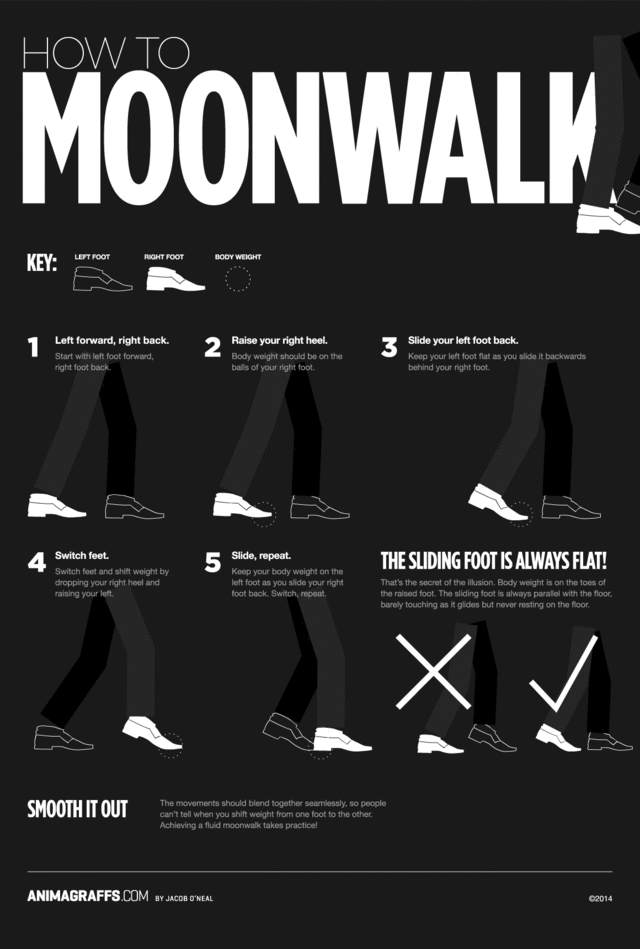 Your investment will help us continue to ignite connections across the globe in live entertainment and build this community for industry professionals. Learn more about our subscription plans.Love to write or have something to say? Become a contributor with TheatreArtLife. Join our community of industry leaders working in artistic, creative, and technical roles across the globe. Visit our CONTRIBUTE page to learn more or submit an article.
Your investment will help us continue to ignite connections across the globe in live entertainment and build this community for industry professionals. Learn more about our subscription plans.Love to write or have something to say? Become a contributor with TheatreArtLife. Join our community of industry leaders working in artistic, creative, and technical roles across the globe. Visit our CONTRIBUTE page to learn more or submit an article. SHARE |
ABOUT THE CONTRIBUTOR
Join our weekly newsletter
Join our weekly newsletter
By clicking submit you agree to receive emails from TheatreArtLife and accept our web terms of use and privacy and cookie policy.
© 2021 TheatreArtLife. All rights reserved.
How to Become a Professional Dancer (Step by Step) • BUOM
By Indeed Editorial Team
May 13, 2021
Becoming a professional dancer takes passion, determination and dedication. You must invest time in building your craft in order to have a successful career. Hard work is an important quality that a professional dancer possesses. In this article, we will explain what a professional dancer is, what a professional dancer does, how to become one, skills, salary and job prospects. nine0003
You must invest time in building your craft in order to have a successful career. Hard work is an important quality that a professional dancer possesses. In this article, we will explain what a professional dancer is, what a professional dancer does, how to become one, skills, salary and job prospects. nine0003
What is a professional dancer?
A professional dancer is a person who has the qualifications, skills and training in a particular form of dance. Professional dancers perform a choreographed dance in front of an audience and use their bodies to convey the emotions that tell the story. They specialize in various dance styles such as modern dance, modern dance, street dance, ballet and hip hop and appear in theater productions, films, music videos and Broadway shows. nine0003
What does a professional dancer do?
A professional dancer works with directors, choreographers and other dancers to develop dance sequences for performances. Professional dancers work in a professional environment and work in large dance groups.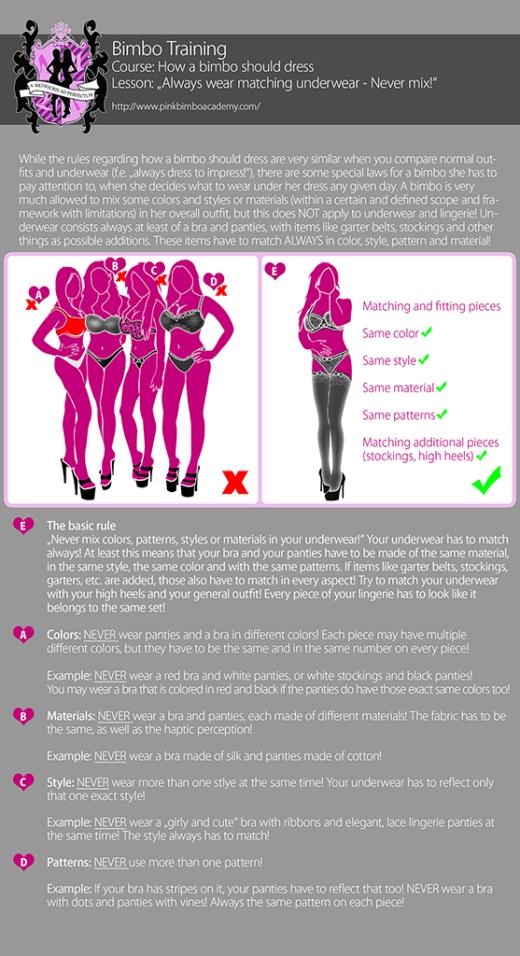 They spend time studying difficult numbers and interpreting the work of the choreographer. Other duties of professional dancers:
They spend time studying difficult numbers and interpreting the work of the choreographer. Other duties of professional dancers:
-
Spending time rehearsing performances
-
Attendance and preparation for auditions
-
Learning different types of dance.
-
Compliance with safety precautions
-
Training how to use other skills, such as acting or singing
-
Timely appearance at rehearsals, advertising measures and auditions
-
Maintaining good relations with other dancers, instructors and senior staff
Professional dancers work in a wide variety of industries, but generally fall into these three categories. These are:
-
Company dancers: Company dancers are usually hired by one company with which they perform regularly for a long time.
-
Commercial dancers: Commercial dancers are usually freelancers who work on commercial projects including films, music, cruise ships, musicals, and commercials.
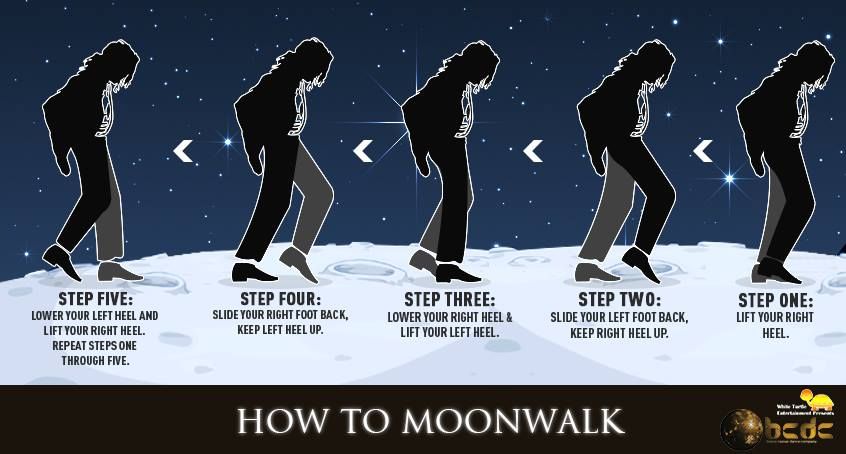 nine0003
nine0003 -
Dance teachers: Dance teachers often become teachers when they can no longer dance or discover that teaching is their passion.
How to Become a Professional Dancer
Professional dancers are passionate, determined and persistent in achieving their goals. Here are a few steps to help you transition to professional dance:
1. Complete extensive training
No qualification or degree is required to become a professional dancer, but training is an important factor. Professional dancers begin their training at age five and begin auditioning for full-time jobs at age 18. Training helps develop the muscle strength and techniques necessary to turn a talent into a profession. Dance groups and performing arts schools offer students the experience they need to enter professional dance groups. People who are just starting out in dance should start with ballet because it offers an excellent foundation for developing strength, muscle memory and flexibility that will help them in any dance style.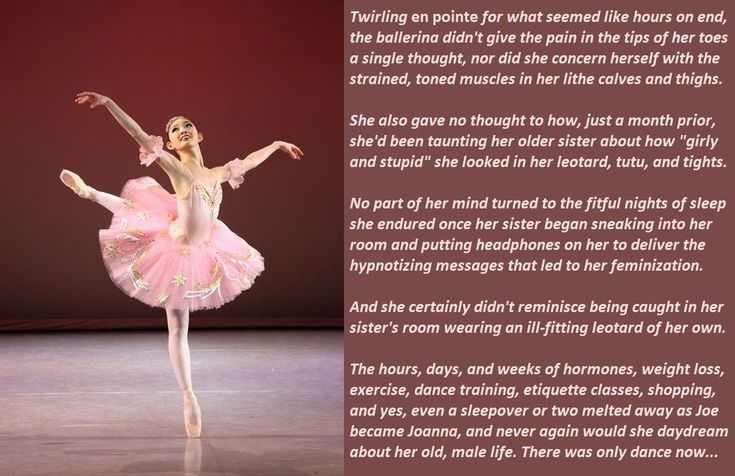 nine0003
nine0003
2. Consider getting a bachelor's degree
You don't need a university degree to become a professional dancer, but specializing in dance can give you exposure to a variety of dance genres. You also have the option to focus on a particular dance. A variety of universities and colleges offer majors in dance through visual arts or theater departments. On the dance direction you will learn:
-
Choreography: You learn performance skills through various dance techniques and ways of expressing yourself through choreography.
-
Production: As a student, you will learn about behind-the-scenes production processes. This may include sound work, lightbar control, costumes, lighting design, and stage management.
-
The history of dance: you will learn about the origins of dance and how people from different continents view dance from a social, ceremonial and cultural point of view. nine0003
-
Teaching: You will learn how to develop teaching skills to teach people from different age groups and communities.
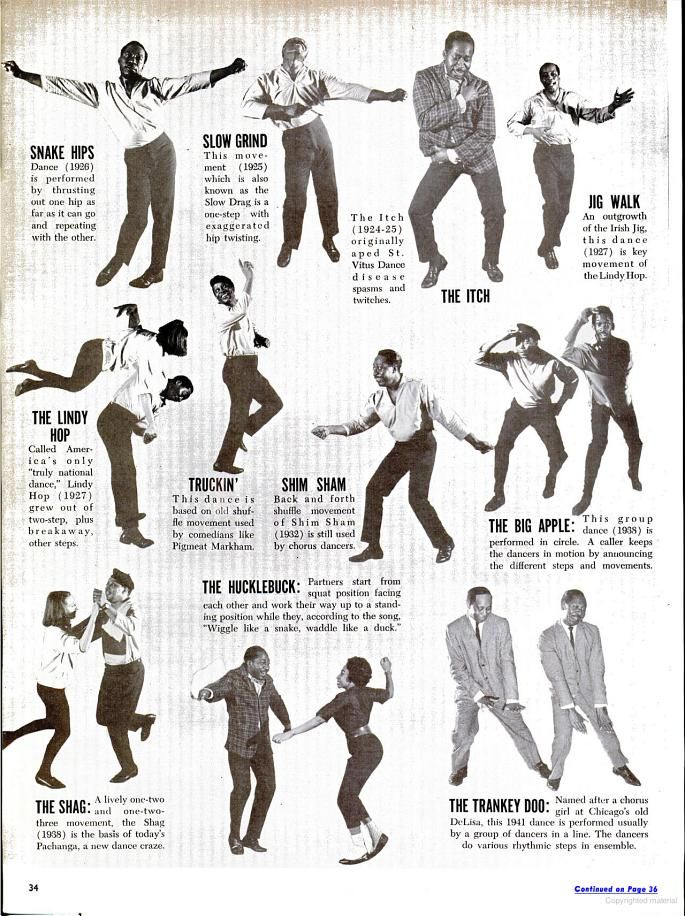
-
Movement and body alignment: You will learn about muscle coordination and posture.
3. Gain experience
If you want to increase your chances of getting a job as a professional dancer, you should consider moving to a city where entertainment thrives. However, take the time to research the arts communities in your area where you can volunteer to dance. You can also gain experience:
-
Activities: Participation in dance classes helps you develop your skills, stay physically fit and gain experience. Taking dance classes also increases your chances of getting an audition because the director or choreographer may be familiar with your work or have experience working with you.
-
Master Class Attendance: Most of the dance workshops are taught by renowned choreographers and members of dance groups. Choreographers always keep a close eye on who follows instructions and improves. Always try to make a good impression by attending seminars because it may lead to future opportunities.
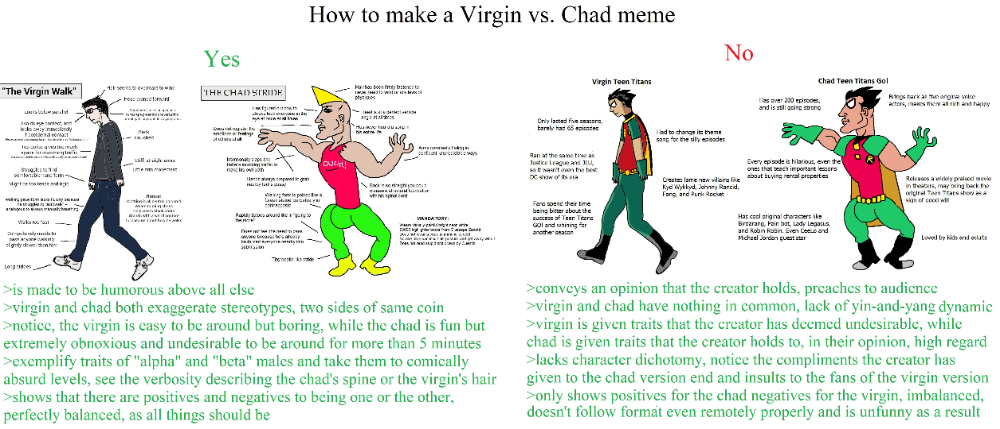 nine0003
nine0003
4. Find out about union jobs
Major dance companies are unionized, and TV, film and Broadway jobs are unionized. You must have a union card to be eligible to audition. The union card identifies you as a legal union member and allows the union to represent you. Some unions representing dancers are:
-
Screen Actors Guild / American Federation of Television and Radio Artists (SAG-AFTRA): They represent dancers, recording artists, emerging writers, stunt performers and other media professionals. nine0003
-
Actors Equity Association (AEA): They present Broadway shows.
-
American Guild of Musical Performers (AGMA): They represent the New York City Ballet.
-
American Guild of Variety Artists (AGVA): They represent performing artists.
5. Find a talent agent
Becoming a professional dancer can be tricky; this is why most dancers choose to work with a talent agent. A talent agent is a professional dedicated to helping clients navigate the entertainment industry as well as helping their clients find auditions and submit dance videos and resumes.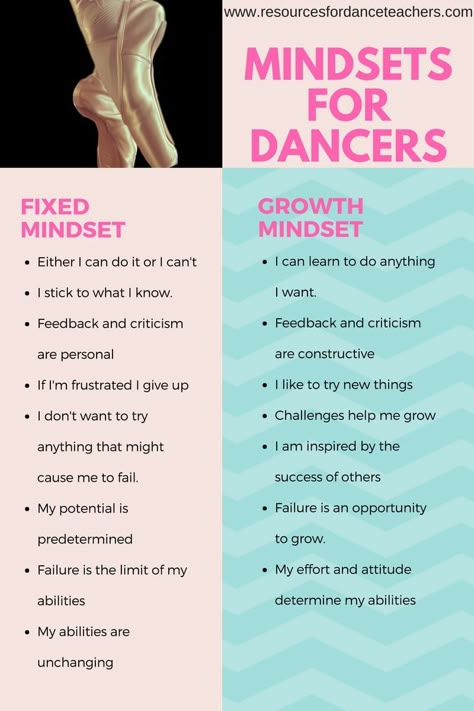 They facilitate the process of professional dance career. You must take the time to research and find a reputable agent. nine0003
They facilitate the process of professional dance career. You must take the time to research and find a reputable agent. nine0003
The union usually represents a reputable agent. Laws vary from state to state regarding talent agents, but the agent should not require you to pay anything. They are usually paid a 10% deduction from your earnings when you commission a job. You must find an agent who shares your vision and is interested in you. Asking other dancers or choreographers for recommendations is a step in the right direction, or you can check agency websites to see what kind of clients they represent. You should have these three things in mind before contacting your ideal agency:
-
Letter of recommendation: You can ask your dance teacher to write a letter of recommendation that highlights your strengths.
-
Resume: Your resume should detail your education and performance experience, including what you've done, the name of the project you've danced in, and who you work for.
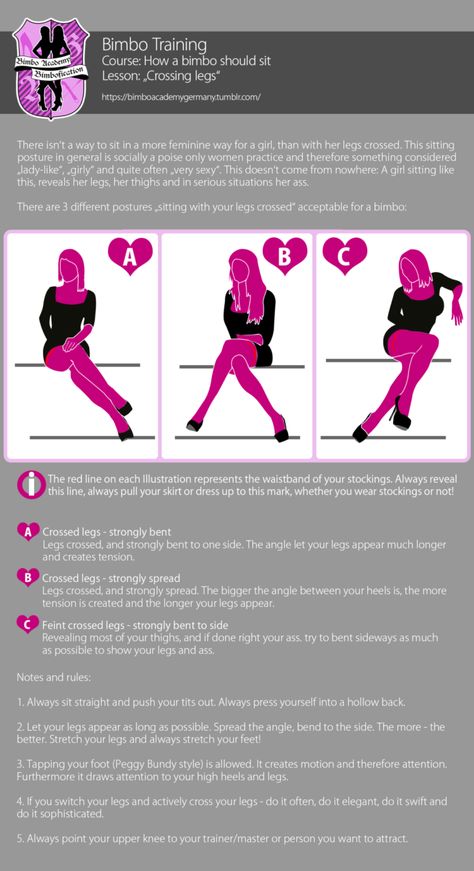 If you haven't worked on a professional project yet, you can list competitions, local productions, and musicals you've been in to add to your performance experience. nine0003
If you haven't worked on a professional project yet, you can list competitions, local productions, and musicals you've been in to add to your performance experience. nine0003 -
Dance video: The agency wants to see your skills, so make sure you record a number that shows your style and talent.
6. Write Your Resume
When you go to an audition, some people may want your resume. Your dance resume should contain important details, including:
-
Dance Video: This is a short collection of videos that showcase your skills and experience as a dancer. Usually it is several minutes. You must have a dance video no matter what production or project you are applying for. nine0003
-
Headshots: Professional headshots are needed because they help choreographers, agents and casting directors remember you. Headshots also provide choreographers and directors with an easier way to decide which dancers are best suited for a company or production.
 Your headshots should reflect your current look and be crisp.
Your headshots should reflect your current look and be crisp. -
Resume: Your resume should be easy to read, accurate and concise. It must include your full name, phone number, email address, union status, and dance experience. nine0003
7. Go to auditions
Auditions are a huge part of being a dancer. You can showcase your skills and talents to industry professionals. The process can be overwhelming, whether you're going to audition for a dance company or college, but preparing for them can make the process easier and less stressful. Here are some things that can help the audition process:
Review the audition application. Many application forms contain important information about how the audition process works. It is extremely important to make a checklist of dress code requirements and rules to make sure you follow them. nine0003
-
Do your research: in some cases, you may already know the choreographer you are performing for.
 Studying their videos to get an idea of their style can give you an idea of how to deliver great performance.
Studying their videos to get an idea of their style can give you an idea of how to deliver great performance. -
Work on your freestyle: Directors or choreographers may want you to freestyle to determine what sets you apart from other dancers. You must practice your freestyle regularly to gain confidence. nine0003
-
Rehearse before your audition: For commercial dances, many auditions are done on camera. You should practice your close-ups by asking a friend or family member to film you.
-
Get enough sleep: You should get at least eight hours of sleep before your audition to get the energy and focus you need to perform.
-
Arrive early: To make a good impression, set your alarm for the morning so you can get ready and leave the house early. nine0003
-
Dress appropriately: your clothing should be comfortable and appropriate for the style of the dance, and allow for freedom of movement. Your clothing must also comply with the audition rules.
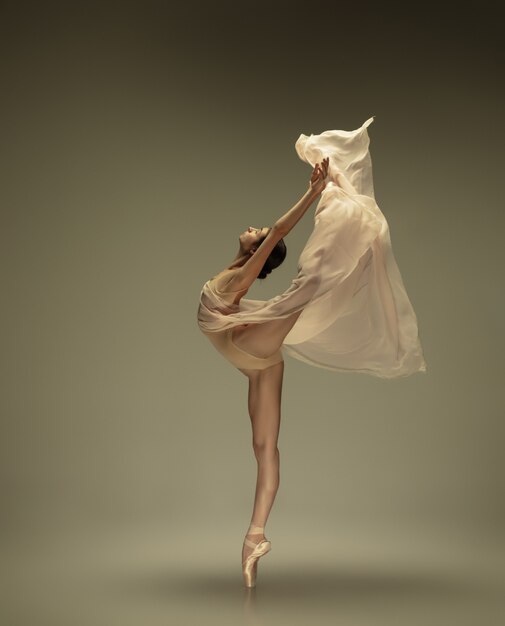 Keep in mind that the judges also want to see your body, so wear something appropriate to show off your form. If you're auditioning in a classical category such as ballet, jazz, or modern dance, wear leotards and tights. Some auditions have stricter rules and require you to wear a uniform. Always follow the rules. nine0003
Keep in mind that the judges also want to see your body, so wear something appropriate to show off your form. If you're auditioning in a classical category such as ballet, jazz, or modern dance, wear leotards and tights. Some auditions have stricter rules and require you to wear a uniform. Always follow the rules. nine0003 -
Watch the judges' reactions: pay attention to how the judges react to other dancers performing. Observing the judges' facial expressions and body language can help you avoid the same mistakes other dancers make and inspire you to improve your performance.
8. Stay healthy
To have a long professional dance career, you must maintain your health and strength. You should avoid processed foods and eat whole foods instead. Also, get regular exercise with cardio workouts like running, swimming, cycling, and weight lifting to strengthen your muscles. This helps to reduce the number of injuries. nine0003
Skills of a professional dancer
In addition to being talented, you must have skills that will help you have a successful career.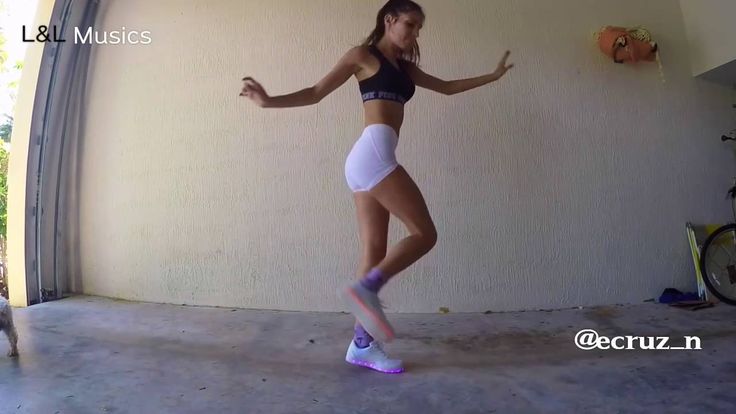 These skills are:
These skills are:
-
Creativity: You must have interesting, innovative ways to express your ideas through dance.
-
Physical strength: You must have excellent mobility and strength to move your body without losing balance or falling, and be able to work for a long time. nine0003
-
Interpersonal skills: You must be able to interact effectively with others because you will be working with many people.
-
Discipline: You must have a good attitude, follow the rules and meet the requirements.
-
Persistence: You must remain committed to your years of study and overcome obstacles and disappointments in the future.
-
Active listening: You must be able to pay attention to instructions given by directors and choreographers. nine0003
Salary and Job Outlook
According to the US Bureau of Labor and Statistics, dancer employment is expected to grow by 2% from 2019 to 2029. Most jobs come from private dance schools. The average salary for a dancer is $45,905 per year ($19.63 per hour).
The average salary for a dancer is $45,905 per year ($19.63 per hour).
3 honest stories about the profession - useful articles and tips on the media "Prosto Rabota", Rabota.ru.
Olga Lomakina
Share
The heroines of Rabota.ru are very different: Anastasia Sizova dances hip-hop with the stars, Ridi Sheikh dreams of Bollywood, and Anastasia Yunzel performs at corporate parties. They are united only by incredible diligence and love for dancing.
Anastasia Sizova-On dance competitions on television and cooperation with Polina Gagarina
Anastasia Sizova
I dance from 10 years old, in high school was carried away by hip-hop and daily trained 5-6 hours a day. Thanks to this, I was able to move to a higher professional level. nine0003
In 2011, I became a member of the Girls community team, with whom we participated in numerous competitions and filming, including the Minute of Glory, the Project 818 and Move forward championships.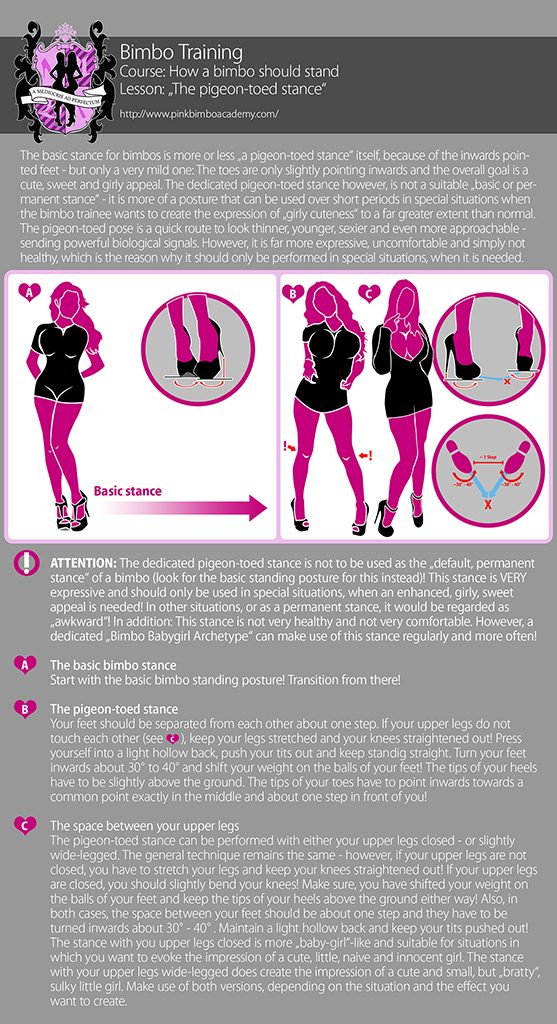 Gradually, professional acquaintances and work in commercial projects appeared: shooting New Year's programs on federal channels, the ballet of the Just Like It project, shooting in clips, working with artists at various events.
Gradually, professional acquaintances and work in commercial projects appeared: shooting New Year's programs on federal channels, the ballet of the Just Like It project, shooting in clips, working with artists at various events.
About dance shows
In 2014, a dance project was advertised on Channel One — all the dancers rushed to the casting. After the first qualifying round, the project stalled. A year later, they called me: "The First" resumed the show and called me immediately to the stage of the television selection. nine0003
In “Dance!” several hundred dancers competed. There were three stages of television selection: in each round we came across radically different styles in solos and duets. After going through all the stages, I got into the "top 24".
The first number I got to dance was jazz. My partner was the Cuban Yordanis Forbes. We did not immediately manage to work together, since I am not a jazz player at all, the language barrier also interfered.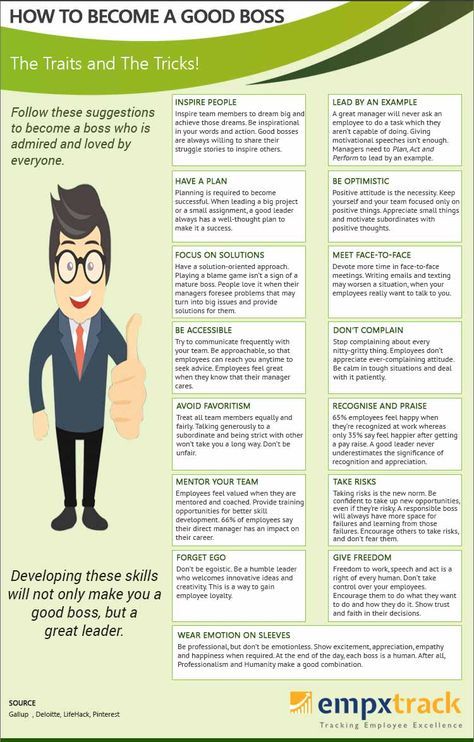 But by the end of the training, they understood each other already from a half-word. We worked out the number to the maximum. Too bad it wasn't enough - we were weeded out. nine0003
But by the end of the training, they understood each other already from a half-word. We worked out the number to the maximum. Too bad it wasn't enough - we were weeded out. nine0003
Participation in such a project is a good school, because cool choreographers gave us master classes, introduced us to new styles and put on really strong numbers. It is a pity that the project did not "shoot", like, for example, "Dancing" on TNT.
About working with artists
The first great artist I had the opportunity to work with was Zhanna Friske. With her, I participated in two concerts of the "Slavianski Bazaar" in an additional composition.
In 2015, dancers were also selected for the show "Performance" by Polina Gagarina. They took me to the additional line-up, and after a while they offered me to dance in the main one. nine0003
Polina is a wonderful person and a talented artist who understands and has a sense of humor.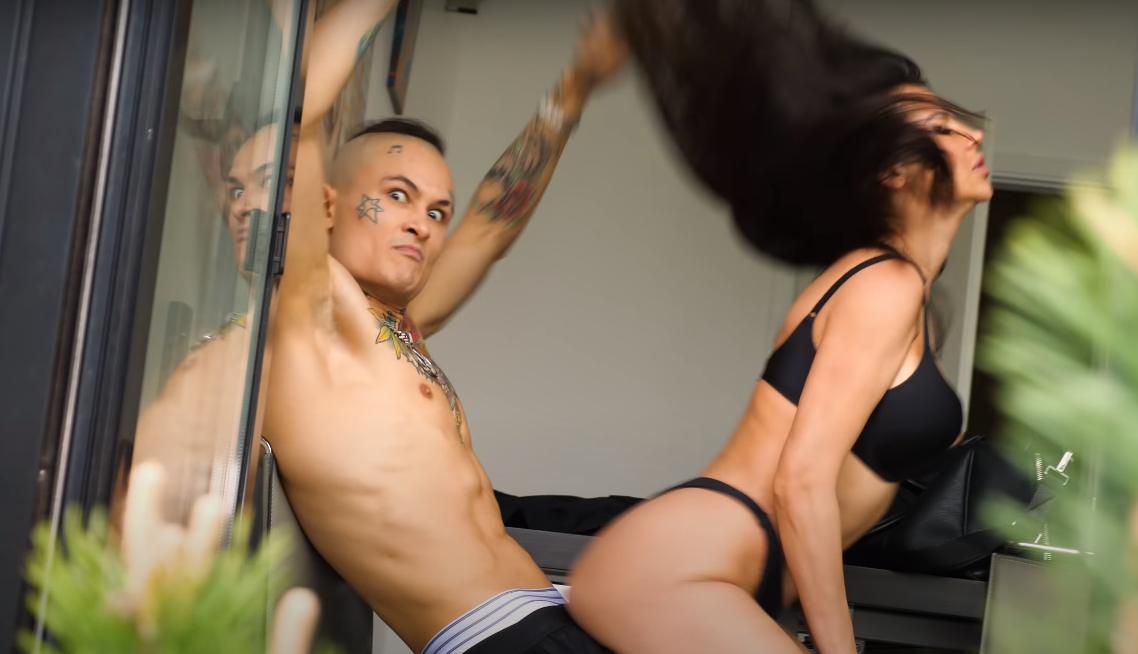 We communicate well, but observing subordination, of course. First of all, we have a professional relationship.
We communicate well, but observing subordination, of course. First of all, we have a professional relationship.
How the tour of stars works
I can learn about events in Moscow in three days, but tours are planned about six months in advance.
When signing the contract, it is also specified that all concerts for dancers are obligatory, skipping is possible in exceptional circumstances - fortunately, I have not had such yet. When the schedule is agreed, the administrator marks the working days in our shared calendar. In my free time, I go to master classes, hone my technique. nine0003
In 2016 we had a tour of the Baltics, we also visited London and Vienna, but basically we travel a lot in Russia.
Our usual day on tour goes like this: an overnight flight, breakfast in the city, sleep, and then preparation for an evening concert. The musicians are the first to arrive at the venue for the soundcheck, then the dance team comes. Before the concert, we have a mandatory rehearsal: checking dance drawings, props.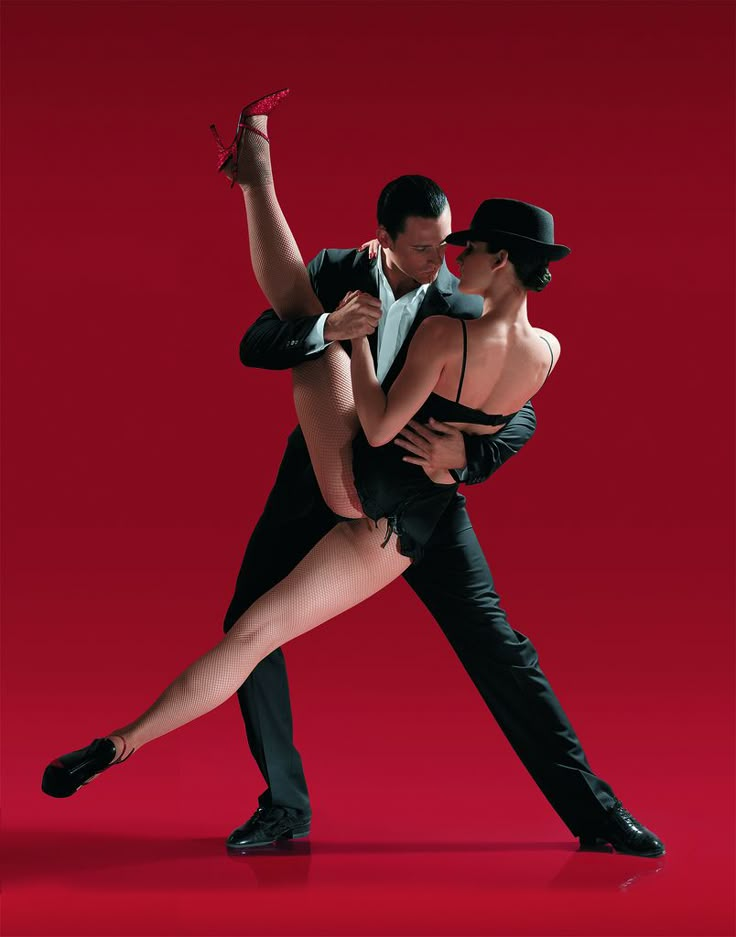 There is about an hour and a half left for the training camp: we stretch, make up, comb our hair - and go on stage. nine0003
There is about an hour and a half left for the training camp: we stretch, make up, comb our hair - and go on stage. nine0003
The show "Polina" consists of three blocks, we go out on the third song of the first part. Between the second and third blocks, we have a separate dance number so that Polina has time to change her costume for the final part of the concert. The third block is the most danceable and active.
After the concert, we take the costumes to the hotel and, as a rule, the whole team goes to dinner. Then sleep, packing and a night flight to another city. Breakfast and preparation for the concert again.
Since I go out without a stage and performances, for me the advantages of such intensive work are almost everything: I do what I love and constantly communicate with talented people. nine0255
Reedy Sheikh about how she became popular in Bangladesh and plans to conquer Bollywood An economist by education, she graduated from the Plekhanov Academy. I have always been interested in representing Bengali culture in Russia and other countries. Being away from India and Bangladesh, since childhood I tried to study it thoroughly: I attended master classes at the Indian embassy, watched videos on the Internet. More than 10 years ago, I started uploading dance videos on YouTube myself, and it so happened that now I am considered one of the main YouTubers in Bangladesh. Customers find me through Youtube - they invite me to perform or conduct master classes. Many Indian and Bengali organizations learned about me through interviews for the international project "National Origins of Beauty", created with the support of UNESCO. My projects are mainly in Bangladesh. But I perform and give master classes in India, I have been on tour in Sweden, Malaysia, France, and at the end of May I am going to Korea. In June, I will finally participate in Dance Class, this is the Indian analogue of "Dancing" on TNT, but not as a solo artist, but as part of the strongest local team of Kumari Suraj. Suraj is the queen of waking (walking), she worked as a choreographer in So You Think You Can Dance, and we have long wanted to work together. There are many similarities between walking and Indian dance, and she developed this idea and created the bollywalk style. I am sure it will be a very good experience, and I will be able to gain a foothold in India and realize my main dream - to get into Bollywood. nine0255 Bangladesh: dancers become actors However, I decided to go to Bangladesh because I realized that there I could fulfill my potential to a much greater extent, participate in some new interesting projects. In Russia, ethnic dancers are treated with prejudice. Everyone thinks that since I am an Indian, I only dance Indian dances and nothing else. This, of course, always hindered implementation. I don't claim to be the best funk or hip-hop dancer in Russia, but I'm pretty good at it and in Bangladesh I can apply that knowledge and be a versatile dancer. nine0003 There are also difficulties. Since I have lived all my life in Moscow, in Bangladesh I have problems with the language and understanding of some cultural foundations. But in general, I manage. My main representative in Bangladesh is my mother, and in Europe my brother sometimes helps me, but nevertheless, I make all the decisions myself. I won a dance competition in Bangladesh, I am the choreographer of various clips and shows. There are a lot of new generation singers and performers here who need innovative ideas for their videos. I participated in these videos not only as a choreographer, but also as a dancer in the video. nine0003 In Bangladesh, for the first time, I tried myself as an actress, commercial model, brand face. I act in television films, serials, there was an offer to act in three films, but I didn’t really like the scripts. For Bangladesh, the transition from dancers to actors is typical: here, surprisingly, the dance industry is less developed than in India, so all famous dancers become actors. I want to develop as an actress, but I need to get an education or at least take acting classes, because now, due to the workload, I will not be able to get a higher acting education. nine0255 Anastasia Yunzel — about performances at corporate parties in Russia, China and Italy Anastasia Yunzel In 2007, we moved to Moscow, and I got a job at a club in show ballet, worked as a go-go dancer. At the age of 25, I decided to assemble my own team, because in other people's projects I did not always like the productions and choreography. The main line-up of the "Angels of Rhythm" team (the first numbers were with the involvement of percussion instruments) includes three girls, and three in the additional one. At first, I tried to work with managers, but there were few orders from them, and it became uninteresting for us to cooperate. nine0003 When I first started performing on the show, I bought a sewing machine - I thought that I would sew everything myself. It turned out to be very difficult, so I found a professional seamstress, but I do some of the decor of the costume and accessories myself. How to find customers Usually the client calls me, often it is an event agency, tells me the date, describes what the client wants. I clarify the details: what kind of event, what age category of guests, in order to understand what rooms to offer. nine0003 We send dance performance videos to customers. If both parties are satisfied with everything, I receive an advance payment and send a receipt with passport data. A couple of days before the event, I gather the team for rehearsals, then we leave with the performance on the site. The hottest season is New Year, due to the number of corporate events. But even here it all depends on the situation: four years ago, at the beginning of October, we had all the days until the New Year scheduled, now, due to the crisis, companies don’t know until the last whether they will have a corporate party, so all sites appear two weeks before holiday. nine0003 New Year's corporate parties are usually safe. But on the New Year itself, when you arrive at the site at 3 am, you have to fight off pestering. About work in China and Italy We found a Chinese client through acquaintances. Via Wechat (Chinese social network) contacted the customer. They discussed the details for a long time, she didn’t like some of the costumes, some of the music had to be changed: the Chinese love only the latest fashion tracks and choreographic trends. nine0003 The tour was intense: every 2 days we changed cities, hotels and venues, and, unfortunately, they are non-standard in China. Scenes during the number could spin, lengthen. Once our dancer fell down when for some reason they began to raise the stage. So the first thing we did in the new city was to watch the venue and rehearse. We slept little and ate little for the first couple of weeks: we were not understood in local restaurants (the Chinese do not know English), the waitresses laughed and ran away. The second time was less successful. At first, the border guards at the Turin airport did not let us through, since the visas were tourist visas, and there were about 20 suits in the luggage (Italian clients rarely apply for a work visa). We were sent to Moscow with a 16-hour transfer in Chisinau. nine0003 A few days later, we nevertheless flew to Italy through another airport. After two weeks of work at the club, we were fired and paid less than the amount of the contract, because the club was unpopular with the public. I quickly found another club on the sea, it was recommended by a colleague. We were hired and provided with accommodation: every morning we rode bicycles to sunbathe and swim. Everything was fair there, and we were paid according to the contract. Cover: Uliana Zhabina (Polina Gagarina in the show "Polina" surrounded by ballet dancers) The heroines of Rabota.ru are very different: Anastasia Sizova dances hip-hop with the stars, Ridi Sheikh dreams of Bollywood, and Anastasia Yunzel performs at corporate parties. They are united only by incredible diligence and love for dancing. 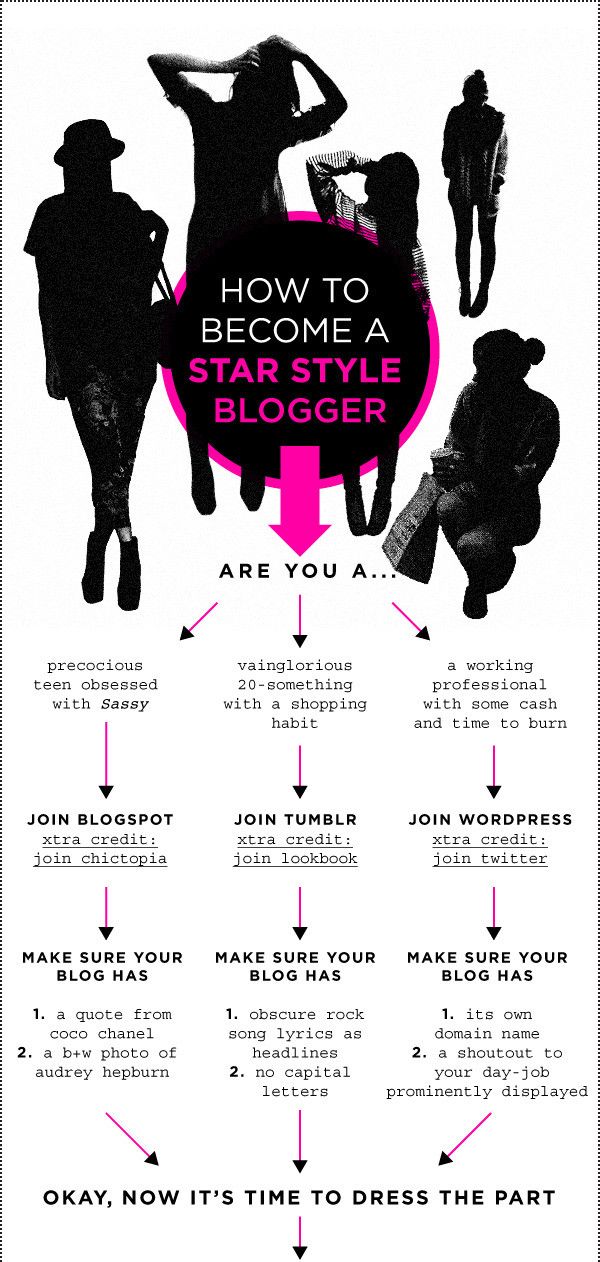 I worked as a recruiter and selected top managers, but a year and a half ago I heard about a dance project in India - an analogue of "Dances" on TNT - and decided that I would definitely participate. Having missed several seasons of the show due to work and study, I went on vacation at my own expense a year and a half ago and now I am engaged only in dance projects. nine0003
I worked as a recruiter and selected top managers, but a year and a half ago I heard about a dance project in India - an analogue of "Dances" on TNT - and decided that I would definitely participate. Having missed several seasons of the show due to work and study, I went on vacation at my own expense a year and a half ago and now I am engaged only in dance projects. nine0003 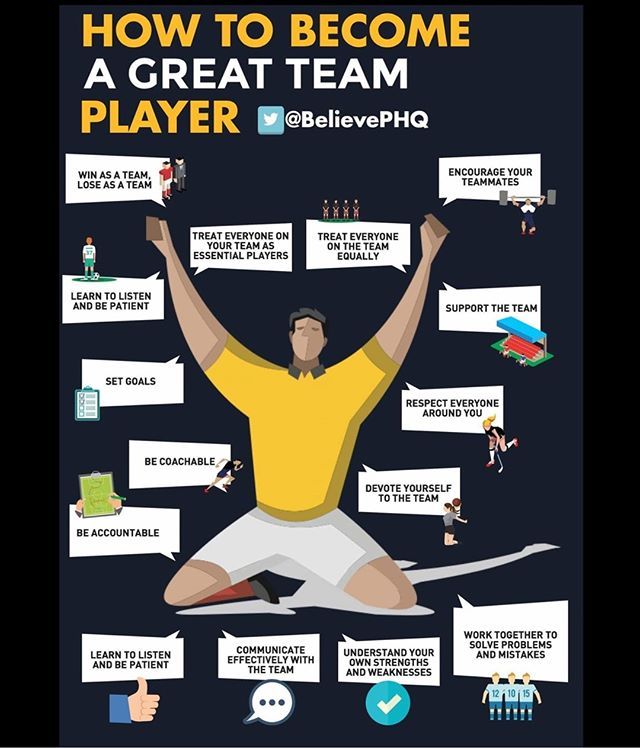 The video became popular, and I began to be invited to festivals and events. nine0003
The video became popular, and I began to be invited to festivals and events. nine0003
I was quite a successful and busy dancer in Russia.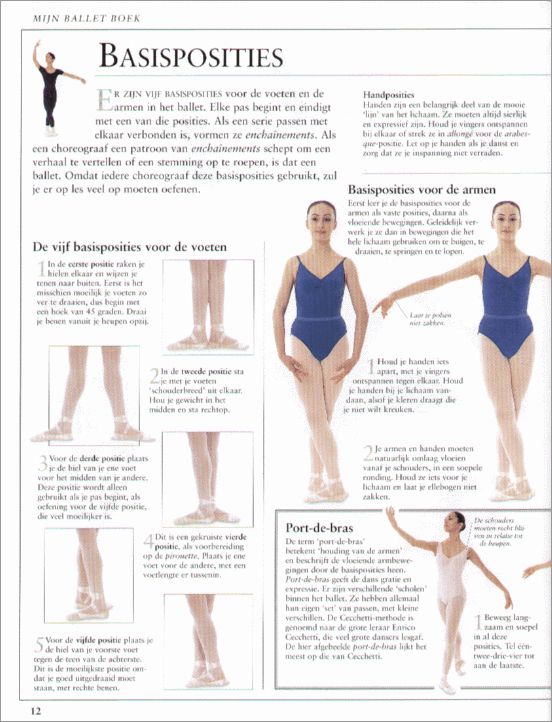 For example, one of the most interesting projects where I worked was staging the number "Where you are, there I am" for Nyusha two years ago.
For example, one of the most interesting projects where I worked was staging the number "Where you are, there I am" for Nyusha two years ago. 
 She also taught music and dance at the local school.
She also taught music and dance at the local school.
In Russia, there are main platforms where the customer can find the artist he needs: Treda, Profi.ru, etc., but 60% of orders come from social networks and thanks to word of mouth.
 Security usually helps - it's their job to drive drunken guests away from the artists.
Security usually helps - it's their job to drive drunken guests away from the artists.
Two years ago I quit school. I was given an ultimatum: either a teacher or a dancer. A month and a half after the dismissal, we went to China. 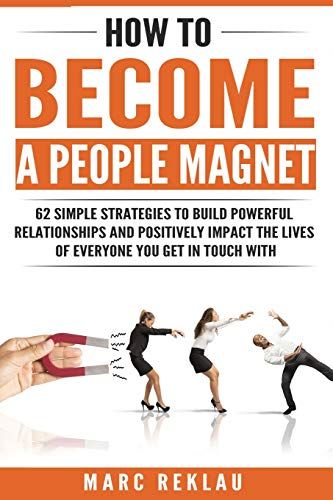 Then we found a way out - "chao fan" - this is fried rice with an egg and vegetables, and they ordered it in every cafe. Despite the difficulty of working on the tour, China left a good impression. For 60 days of work, we visited 19hotels and saw things that ordinary tourists do not see. We also went to Italy on the advice of dancers we knew. Unlike China, Italy needed feathers, cabarets, cancans and stuff like that. The tour was a success: we were paid every day, and we had time to rest.
Then we found a way out - "chao fan" - this is fried rice with an egg and vegetables, and they ordered it in every cafe. Despite the difficulty of working on the tour, China left a good impression. For 60 days of work, we visited 19hotels and saw things that ordinary tourists do not see. We also went to Italy on the advice of dancers we knew. Unlike China, Italy needed feathers, cabarets, cancans and stuff like that. The tour was a success: we were paid every day, and we had time to rest. 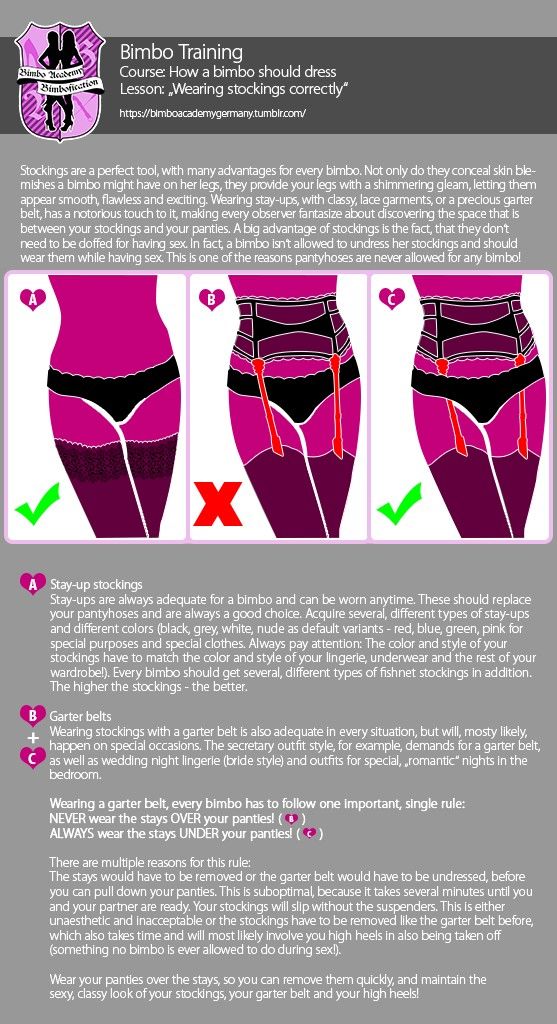
Anastasia Sizova — about dance competitions on television and collaboration with Polina Gagarina
Anastasia Sizova
I have been dancing since the age of 10, in high school I became interested in hip-hop and practiced 5-6 hours a day every day. Thanks to this, I was able to move to a higher professional level. nine0255
In 2011, I became a member of the Girls community team, with whom we participated in numerous competitions and filming, including the Minute of Glory, the Project 818 and Move forward championships.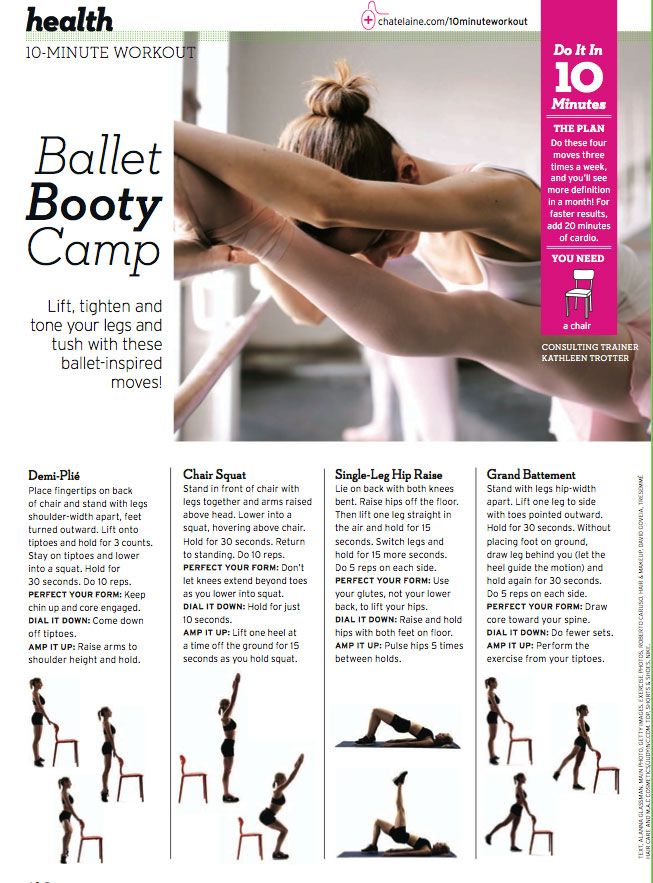 Gradually, professional acquaintances and work in commercial projects appeared: filming New Year's programs on federal channels, the ballet of the Just Like It project, filming clips, working with artists at various events.
Gradually, professional acquaintances and work in commercial projects appeared: filming New Year's programs on federal channels, the ballet of the Just Like It project, filming clips, working with artists at various events.
About dance shows
In 2014, a dance project was advertised on Channel One - all the dancers rushed to the casting. After the first qualifying round, the project stalled. A year later, they called me: “First” resumed the show and called me immediately to the television selection stage. nine0255
In "Dance!" several hundred dancers competed. There were three stages of TV selection: in each round we came across radically different styles in solos and duets. After going through all the stages, I got into the "top 24".
The first number fell to me to dance jazz. My partner was the Cuban Yordanis Forbes. We did not immediately manage to work together, since I am not a jazz player at all, and the language barrier also interfered.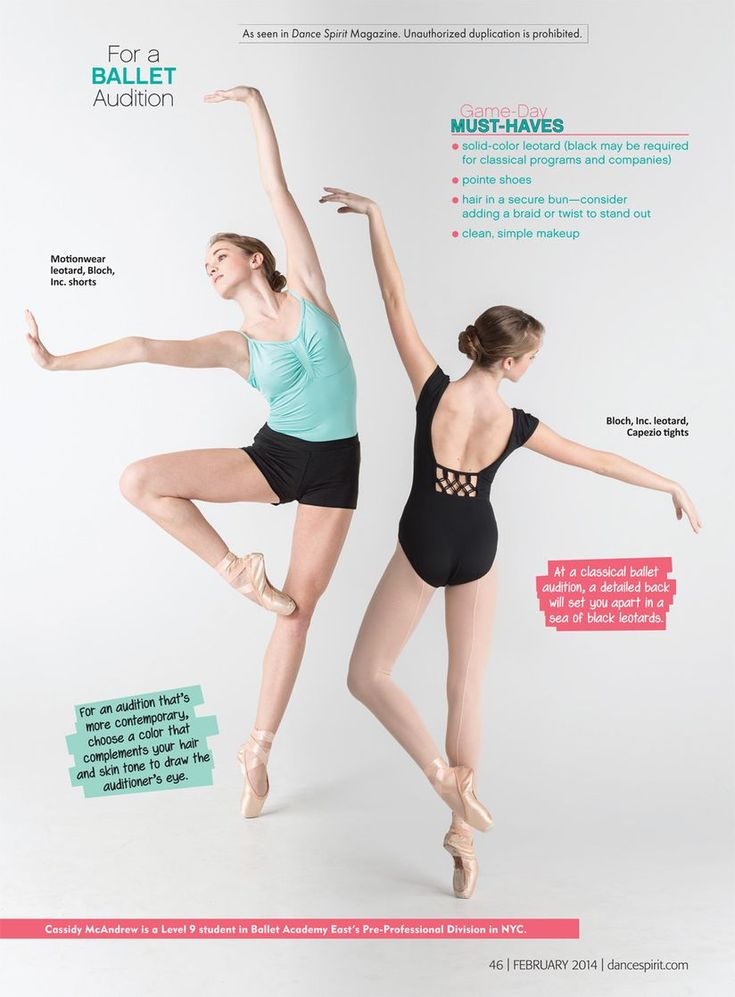 But by the end of training, they understood each other already from a half-word. Made the most of the number. It's a pity that this was not enough - we were weeded out. nine0255
But by the end of training, they understood each other already from a half-word. Made the most of the number. It's a pity that this was not enough - we were weeded out. nine0255
Participation in such a project is a good school, because cool choreographers gave us master classes, introduced us to new styles and staged really strong numbers. It is a pity that the project did not "shoot", like, for example, "Dancing" on TNT.
About working with artists
The first great artist I had the opportunity to work with was Zhanna Friske. With her, I participated in two concerts of the "Slavianski Bazaar" in an additional composition.
In 2015, for the show "Performance" by Polina Gagarina, dancers were also selected. They took me to the additional composition, and after a while they offered me to dance in the main. nine0255
Polina is a wonderful person and a talented artist, understanding, with a sense of humor. We communicate well, but observing subordination, of course. First of all, we have a professional relationship.
First of all, we have a professional relationship.
How the tour of the stars works
I can learn about the events in Moscow in three days, but the tours are planned about six months in advance.
When signing the contract, it is also specified that all concerts for dancers are obligatory, a pass is possible in exceptional circumstances - fortunately, I have not had such yet. When the schedule is agreed, the administrator marks the working days in our shared calendar. In my free time, I go to master classes, hone my technique. nine0255
In 2016, we had a tour of the Baltics, we also visited London and Vienna, but basically we often travel a lot in Russia.
Our usual day on tour goes like this: an overnight flight, breakfast in the city, sleep, and then preparation for the evening concert. The musicians are the first to come to the venue for sound check, then the dance team comes. Before the concert, we have a mandatory rehearsal: checking dance drawings, props. It remains about an hour and a half for the training camp: we stretch, make up, comb our hair - and go on stage. nine0255
It remains about an hour and a half for the training camp: we stretch, make up, comb our hair - and go on stage. nine0255
The show "Polina" consists of three blocks, we go out on the third song of the first part. Between the second and third blocks we have a separate dance number so that Polina has time to change her costume for the final part of the concert. The third block is maximally dancing and active.
After the concert, we take the costumes to the hotel and, as a rule, we go to dinner with the whole team. Then sleep, packing and a night flight to another city. Breakfast and preparation for the concert again.
Since I go out without a stage and performances, for me the advantages of such intensive work are almost everything: I do what I love and constantly communicate with talented people.
Reedy Sheikh about how she became popular in Bangladesh and plans to conquer Bollywood
Reedy Sheikh
I was born and raised in Moscow. An economist by education, she graduated from the Plekhanov Academy. I worked as a recruiter and selected top managers, but a year and a half ago I heard about a dance project in India - an analogue of "Dances" on TNT - and decided that I would definitely participate. Having missed several seasons of the show due to work and study, I went on vacation at my own expense a year and a half ago and now I am only doing dance projects. nine0255
An economist by education, she graduated from the Plekhanov Academy. I worked as a recruiter and selected top managers, but a year and a half ago I heard about a dance project in India - an analogue of "Dances" on TNT - and decided that I would definitely participate. Having missed several seasons of the show due to work and study, I went on vacation at my own expense a year and a half ago and now I am only doing dance projects. nine0255
It has always been interesting for me to represent Bengali culture in Russia and in other countries. Being away from India and Bangladesh, I tried to study it thoroughly since childhood: I attended master classes at the Indian embassy, watched videos on the Internet. Over 10 years ago, I started uploading dance videos on YouTube myself, and it just so happens that I am now considered one of the top YouTubers in Bangladesh.
Customers find me through Youtube - they invite me to perform or conduct master classes. Many Indian and Bengali organizations learned about me through interviews for the international project "National Origins of Beauty", created with the support of UNESCO. The video became popular and I started getting invited to festivals and events. nine0255
The video became popular and I started getting invited to festivals and events. nine0255
I have projects mainly in Bangladesh. But I perform and give master classes in India, I was on tour in Sweden, Malaysia, France, and at the end of May I'm going to Korea.
In June, I will finally participate in Dance Class, this is the Indian analogue of “Dances” on TNT, but not as a solo artist, but as part of the strongest local team, Kumari Suraj. Suraj is the queen of walking (walking), she worked as a choreographer in So You Think You Can Dance, and we have long wanted to work together with her. There are many similarities between walking and Indian dance, and she developed this idea and created the bollywalk style. I am sure it will be a very good experience, and I will be able to gain a foothold in India and realize my main dream - to get into Bollywood. nine0003
Bangladesh: dancers become actors
I was quite a successful and busy dancer in Russia. For example, one of the most interesting projects where I worked was staging the number “Where you are, there I am” for Nyusha two years ago.
For example, one of the most interesting projects where I worked was staging the number “Where you are, there I am” for Nyusha two years ago.
Nevertheless, I decided to go to Bangladesh, because I realized that there I could realize my potential to a much greater extent, participate in some new interesting projects.
In Russia, ethnic dancers are treated with prejudice. Everyone thinks that since I am an Indian, I only dance Indian dances and nothing else. This, of course, always hindered implementation. I don't claim to be the best funk or hip-hop dancer in Russia, but I'm pretty good at it and in Bangladesh I can apply that knowledge and be a versatile dancer. nine0255
There are also difficulties. Since I have lived all my life in Moscow, in Bangladesh I have problems with the language and understanding of some cultural foundations. But overall, I'm doing fine. My main representative in Bangladesh is my mother, and in Europe my brother sometimes helps me, but nevertheless I make all the decisions myself.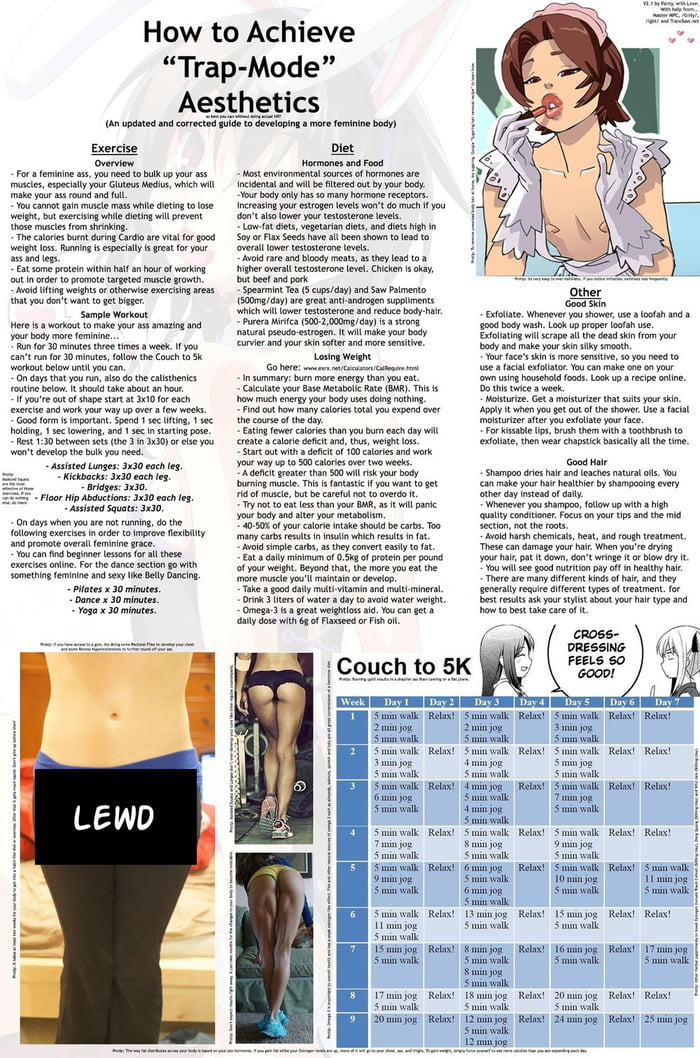
I won a dance competition in Bangladesh, and I am the choreographer of various clips and shows. There are a lot of new generation singers and performers here who need innovative ideas for their videos. I participated in these videos not only as a choreographer, but also as a dancer in the video. nine0255
In Bangladesh, I first tried myself as an actress, model of commercials, face of different brands. I act in television films, serials, there was an offer to act in three films, but I didn’t really like the scripts. For Bangladesh, the transition from dancers to actors is characteristic: here, surprisingly, the dance industry is less developed than in India, so all famous dancers become actors.
I want to develop as an actress, but I need to get an education or at least take acting classes, because now, due to the workload, I will not be able to get a higher acting education. nine0003
Anastasia Yunzel — about performing at corporate parties in Russia, China and Italy
Anastasia Yunzel
When I was 7, my parents sent me to a dance studio — we lived in Tatarstan then.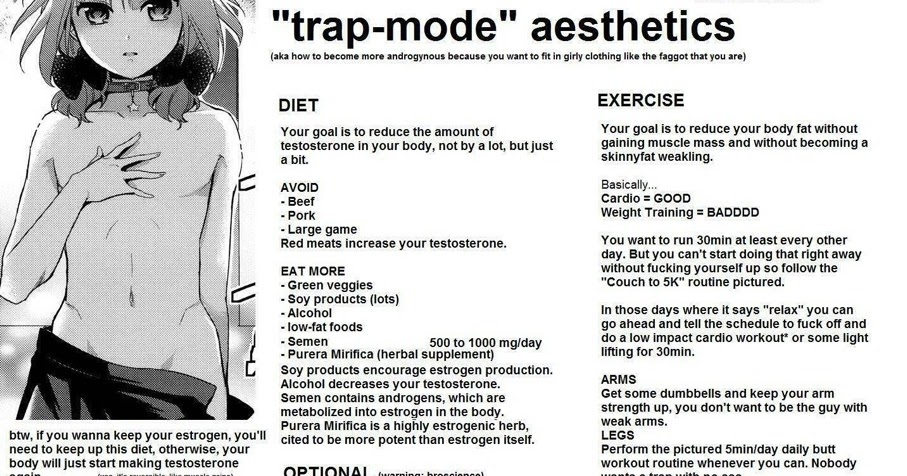 In 2007 we moved to Moscow, and I got a job in a show ballet club, worked as a go-go dancer. She also taught music and dance at the local school.
In 2007 we moved to Moscow, and I got a job in a show ballet club, worked as a go-go dancer. She also taught music and dance at the local school.
At the age of 25, I decided to assemble my own team, because in other people's projects I did not always like the productions and choreography. In the main team "Angels of Rhythm" (the first numbers were with the involvement of percussion instruments) there are three girls, in the additional one there are also three. At first, I tried to work with managers, but there were few orders from them, and it became uninteresting for us to cooperate. nine0255
When I first started performing on the show, I bought a sewing machine - I thought that I would sew everything myself. It turned out to be very difficult, so I found a professional seamstress, but I do some of the decor of the costume and accessories myself.
How to find customers
In Russia, there are main platforms where a customer can find the artist he needs: Treda, Profi. ru, etc., but 60% of orders come from social networks and thanks to word of mouth.
ru, etc., but 60% of orders come from social networks and thanks to word of mouth.
Usually the customer calls me, often it is an event agency, says the date, describes what the client wants. I clarify the details: what kind of event, what age category of guests, in order to understand what rooms to offer. nine0255
We send videos of dance numbers to customers. If both parties are satisfied with everything, I receive an advance payment and send a receipt with passport data. A couple of days before the event, I gather the team for rehearsals, then we already leave with the number on the site.
The hottest season is the New Year, due to the number of corporate parties. But even here it all depends on the situation: four years ago, at the beginning of October, we had all the days until the New Year scheduled, now, due to the crisis, companies don’t know until the last whether they will have a corporate party, so all venues appear two weeks before holiday.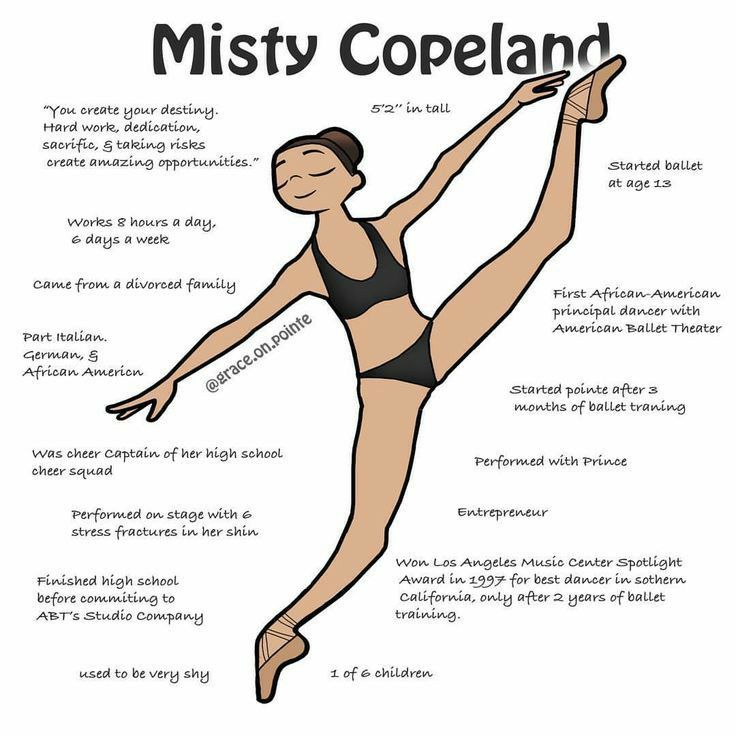 nine0255
nine0255
At New Year's corporate parties, it is most often safe. But on the New Year itself, when you arrive at the site at 3 am, you have to fight off harassment. Security usually helps - it's their job to drive drunken guests away from the artists.
About work in China and Italy
Two years ago I quit school. I was given an ultimatum: either a teacher or a dancer. A month and a half after the dismissal, we went to China.
We found a Chinese client through friends. Via Wechat (Chinese social network) contacted the customer. They discussed the details for a long time, she didn’t like something from the costumes, something from the music had to be changed: the Chinese love only the latest fashionable tracks and choreographic trends. nine0255
The tour was intense: every 2 days we changed cities, hotels and venues, and, as luck would have it, they are non-standard in China. Scenes during the performance could spin, lengthen. Once our dancer fell down when for some reason they began to raise the stage.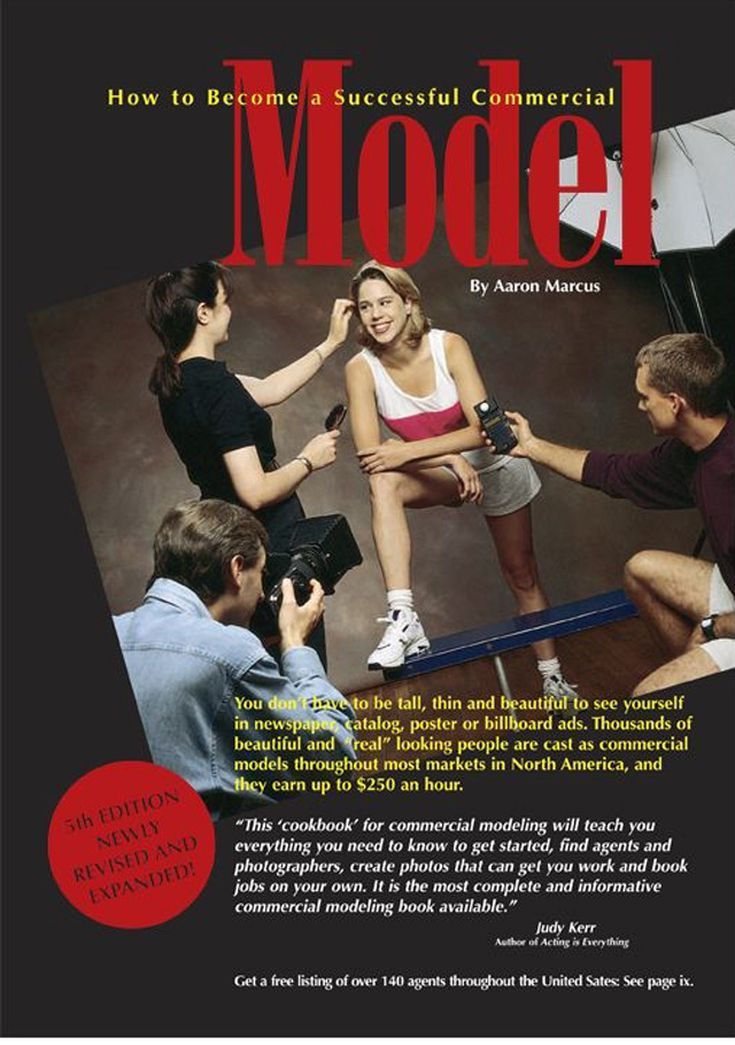 So the first thing we did in the new city was to watch the venue and rehearse.
So the first thing we did in the new city was to watch the venue and rehearse.
We slept little and ate little for the first couple of weeks: we were not understood in local restaurants (the Chinese do not know English), the waitresses laughed and ran away. Then we found a way out - "chao fan" - this is fried rice with an egg and vegetables, and they ordered it in every cafe. Despite the difficulty of working on the tour, China left a good impression. In 60 days of work, we visited 19hotels and saw what ordinary tourists do not see. We also went to Italy on the advice of dancers we knew. Unlike China, Italy needed feathers, cabarets, cancans and stuff like that. The tour was a success: they paid us every day, and we had time to rest.
The second time was less successful. At first, the border guards at the Turin airport did not let us through, since the visas were tourist visas, and there were about 20 suits in our luggage (Italian clients rarely issue a work visa).


